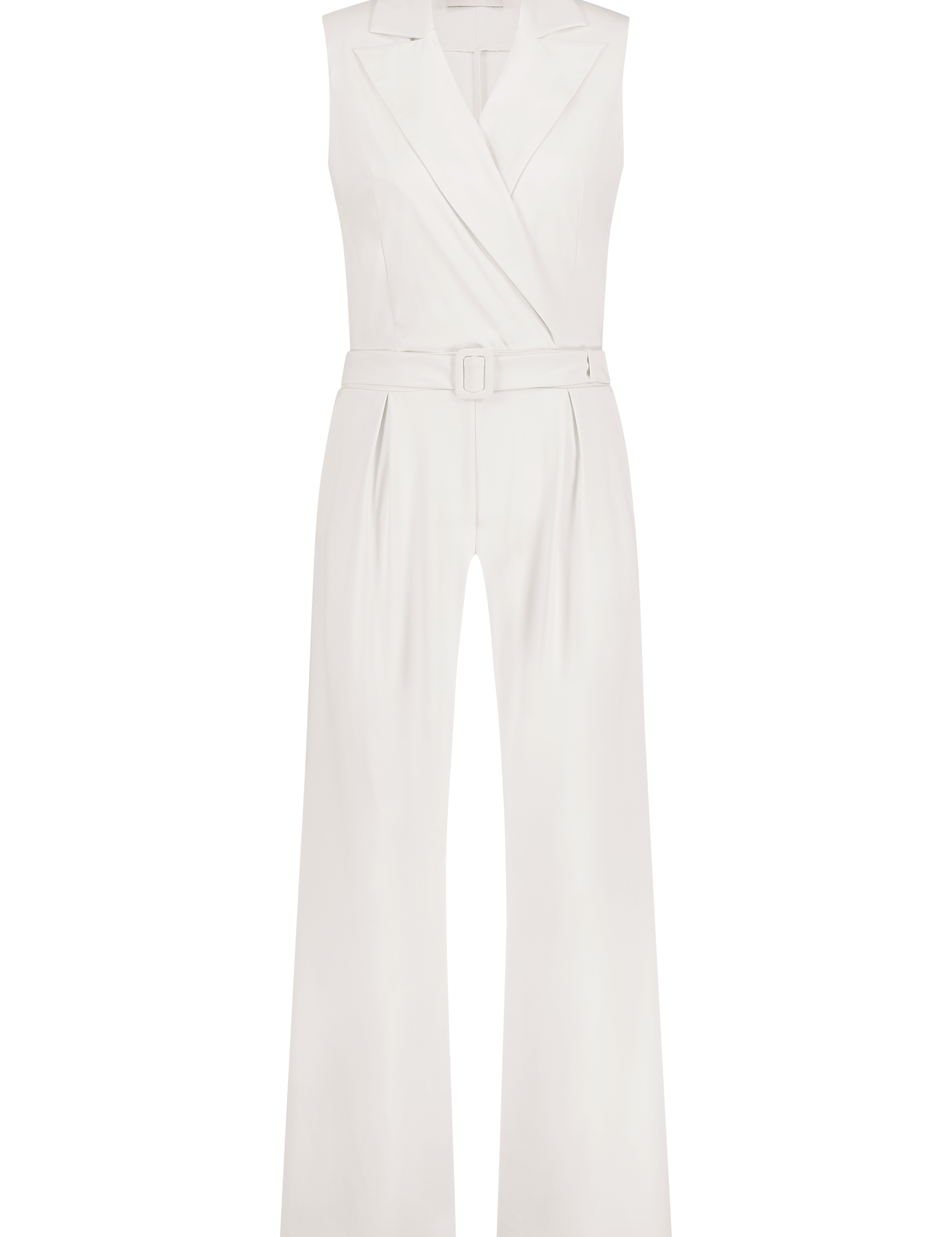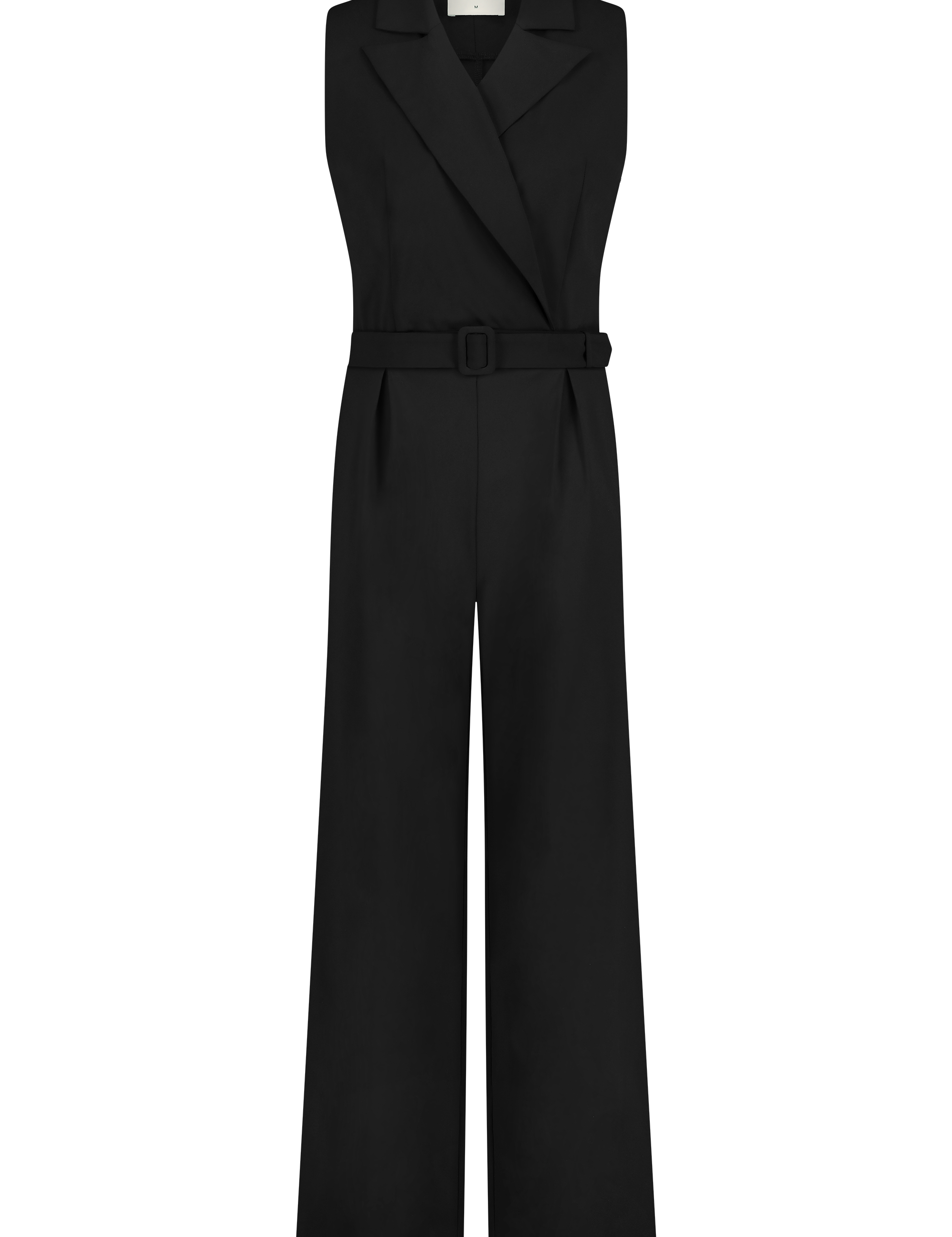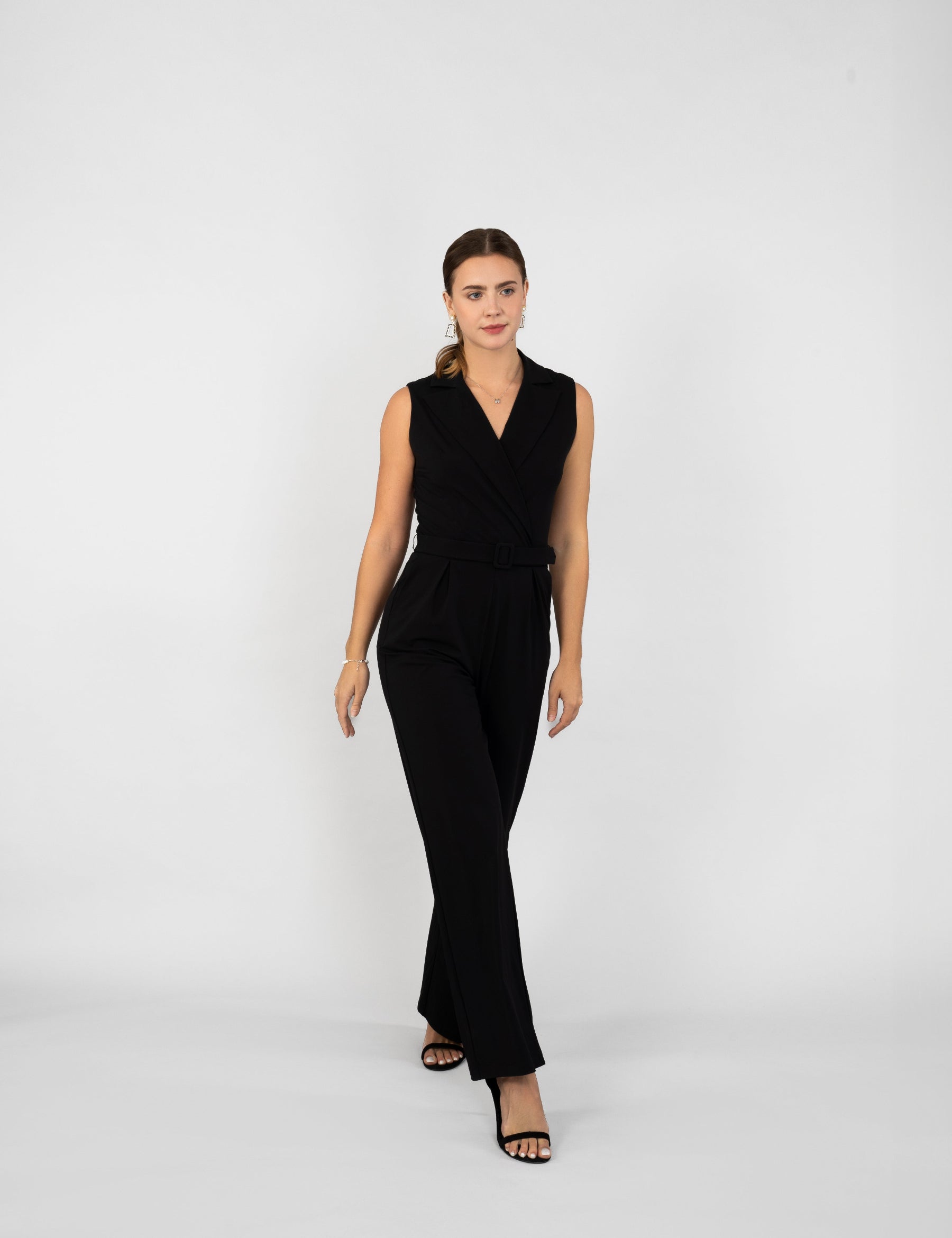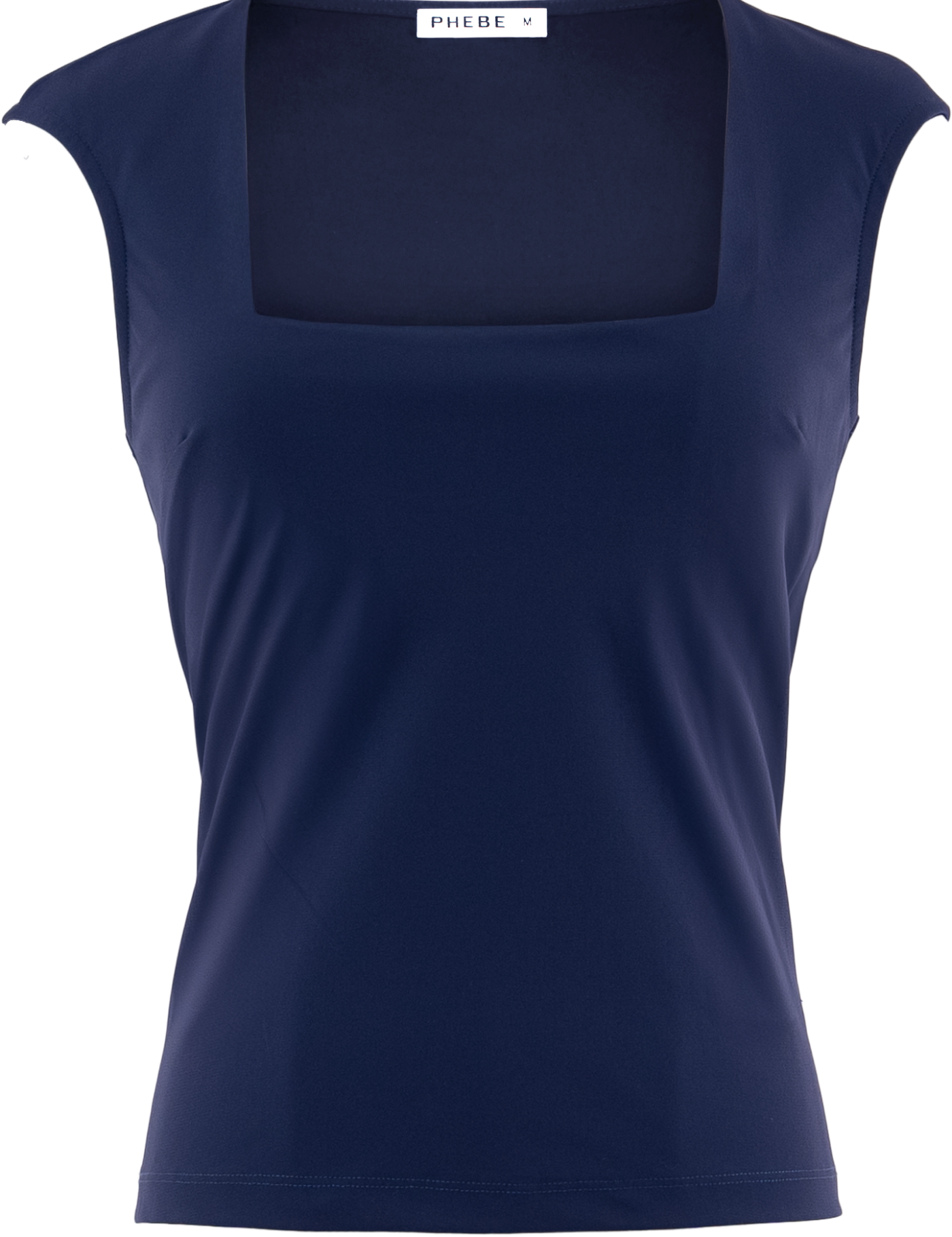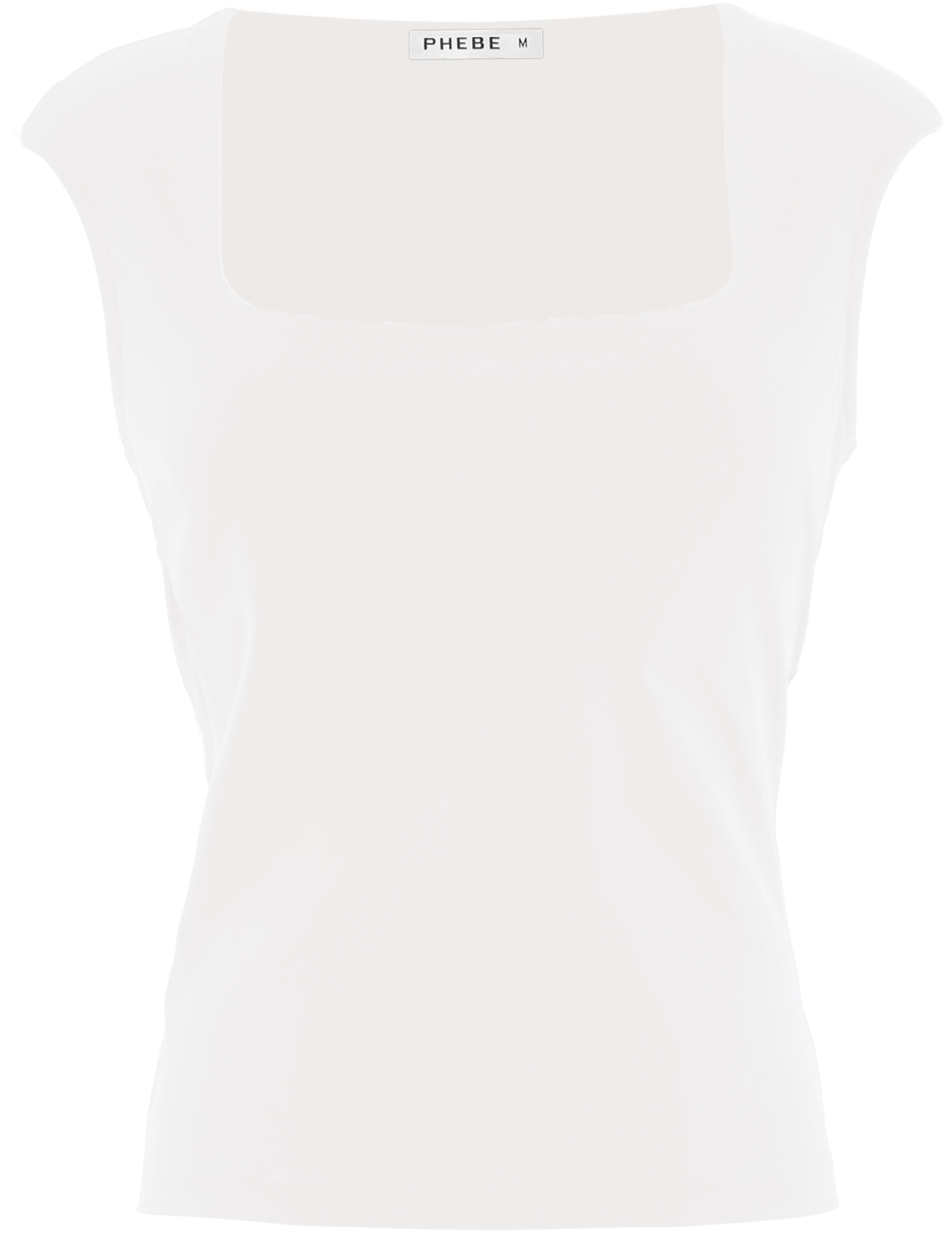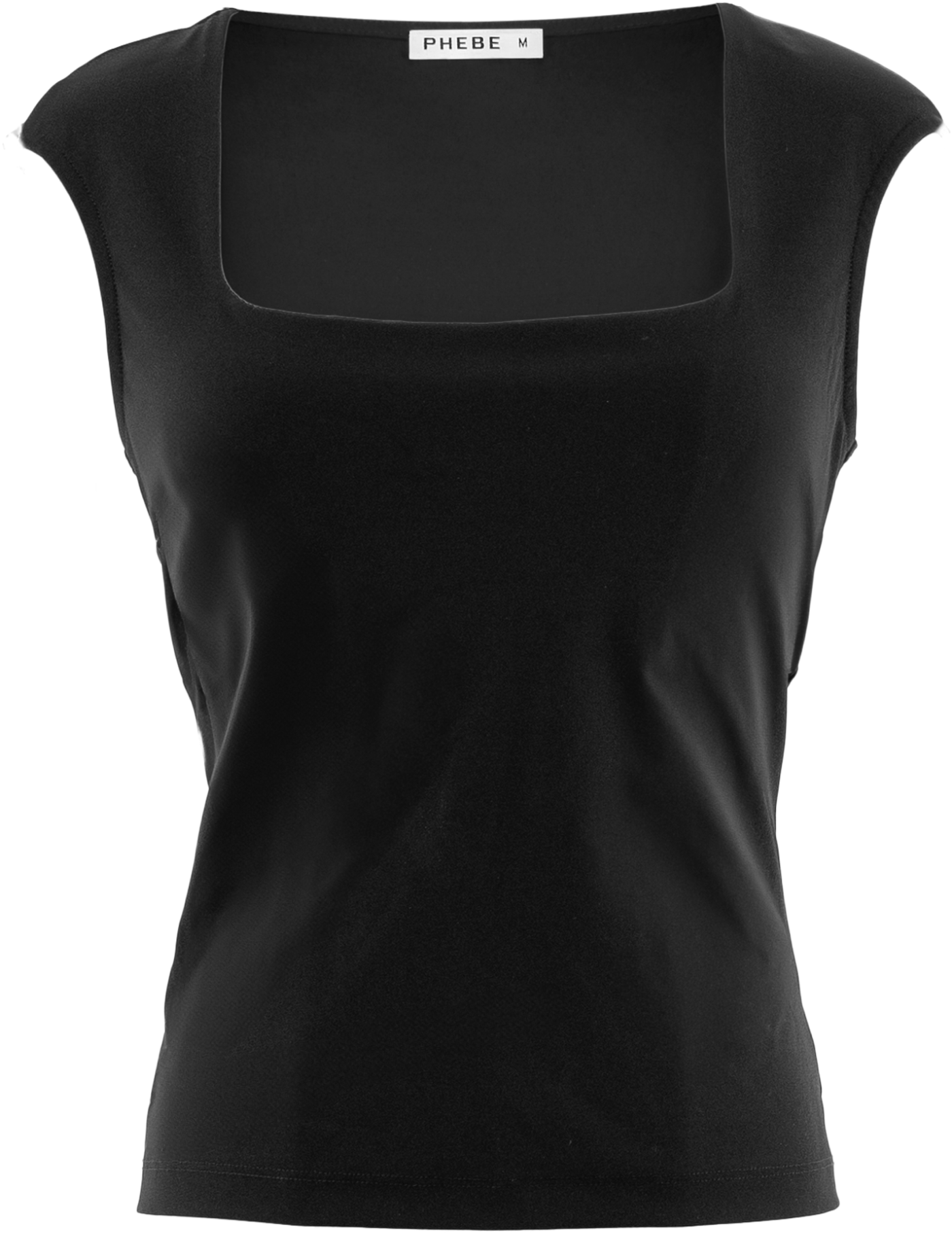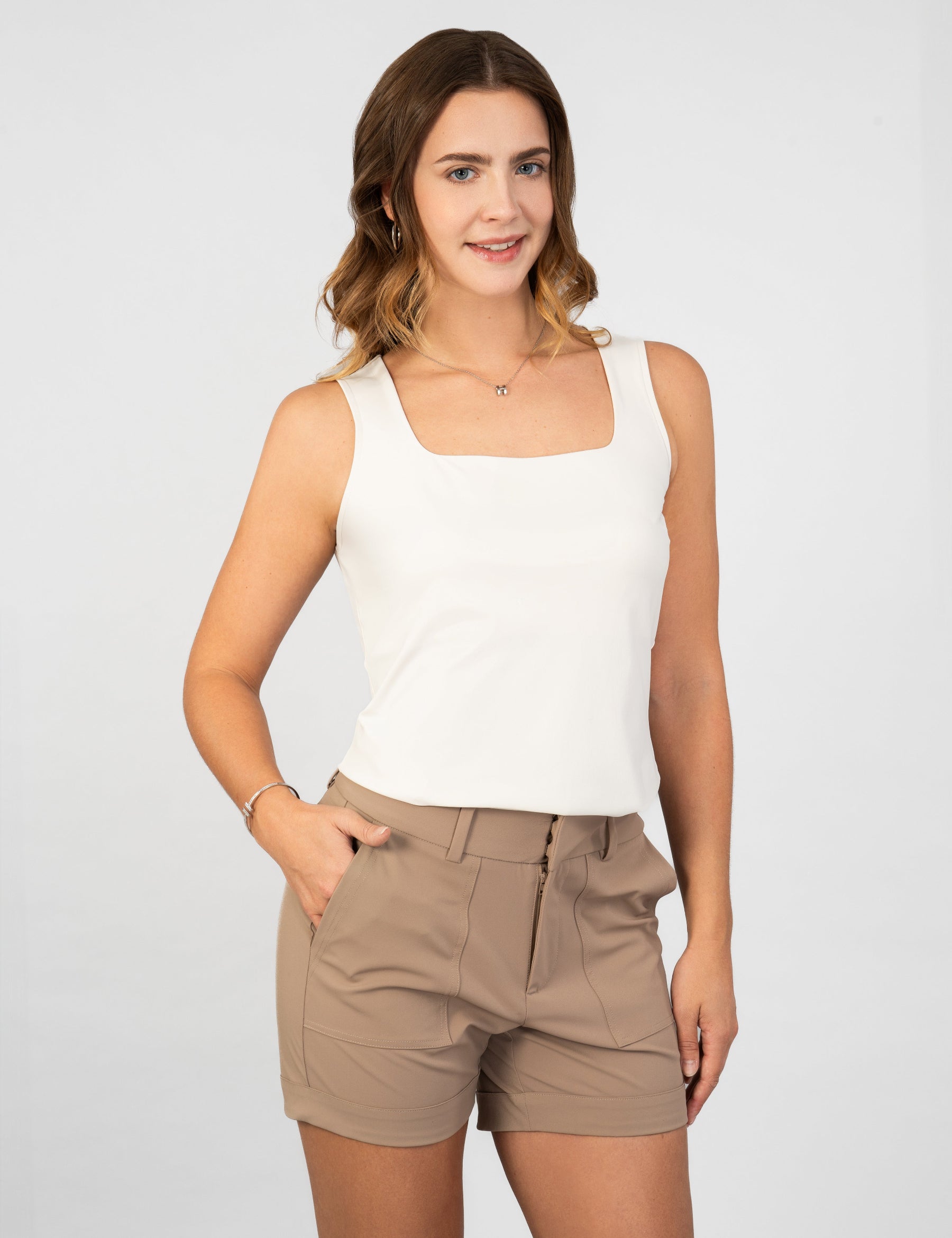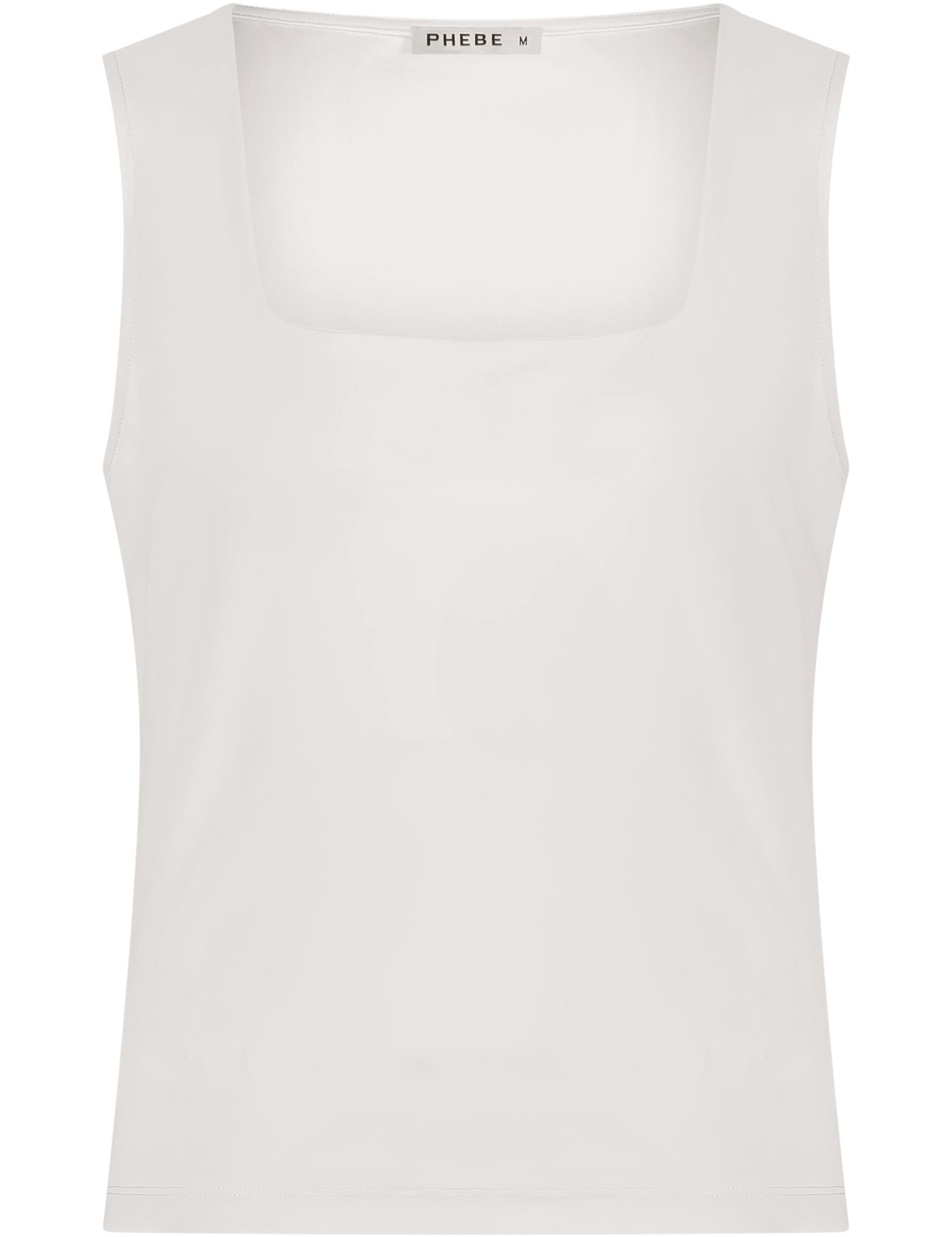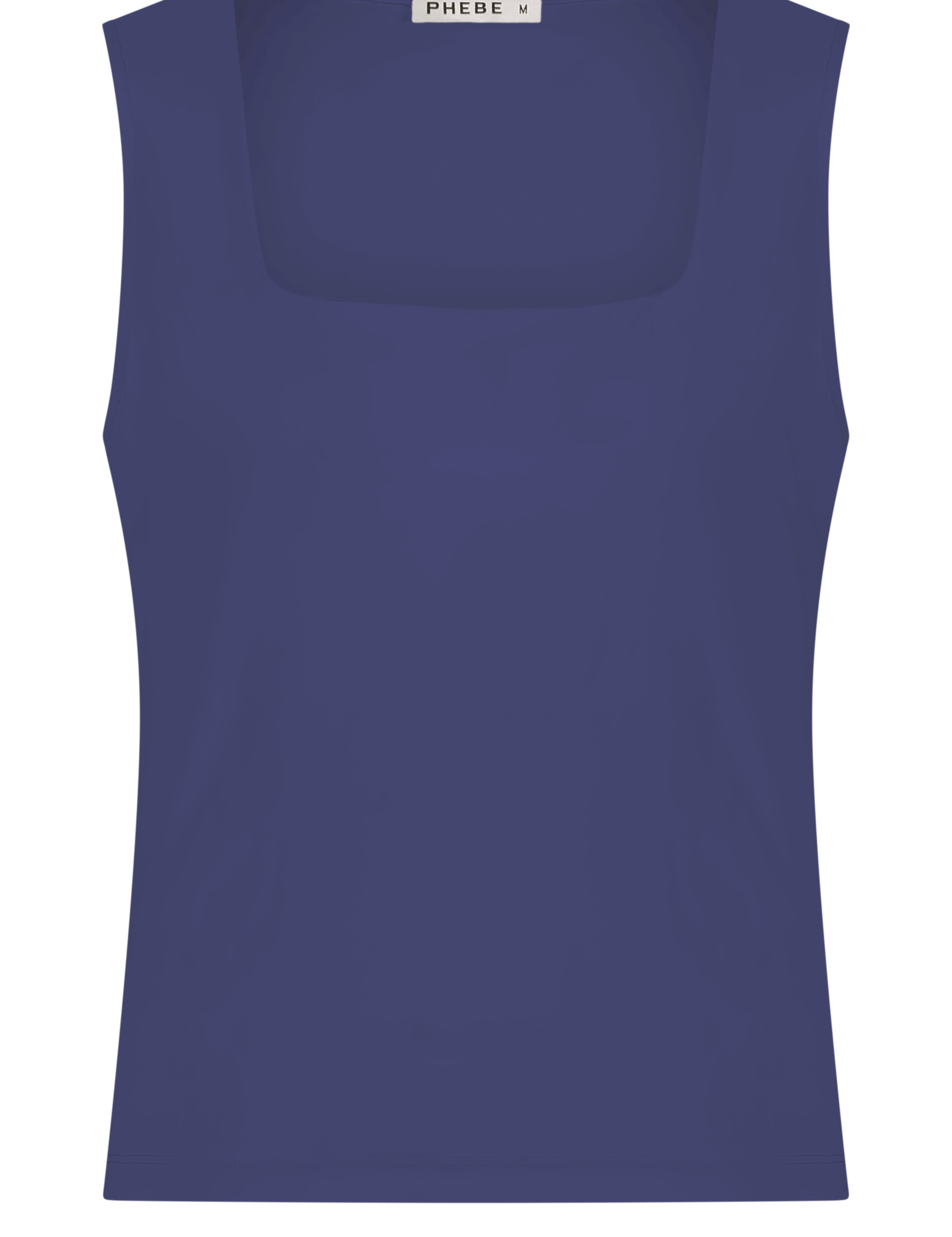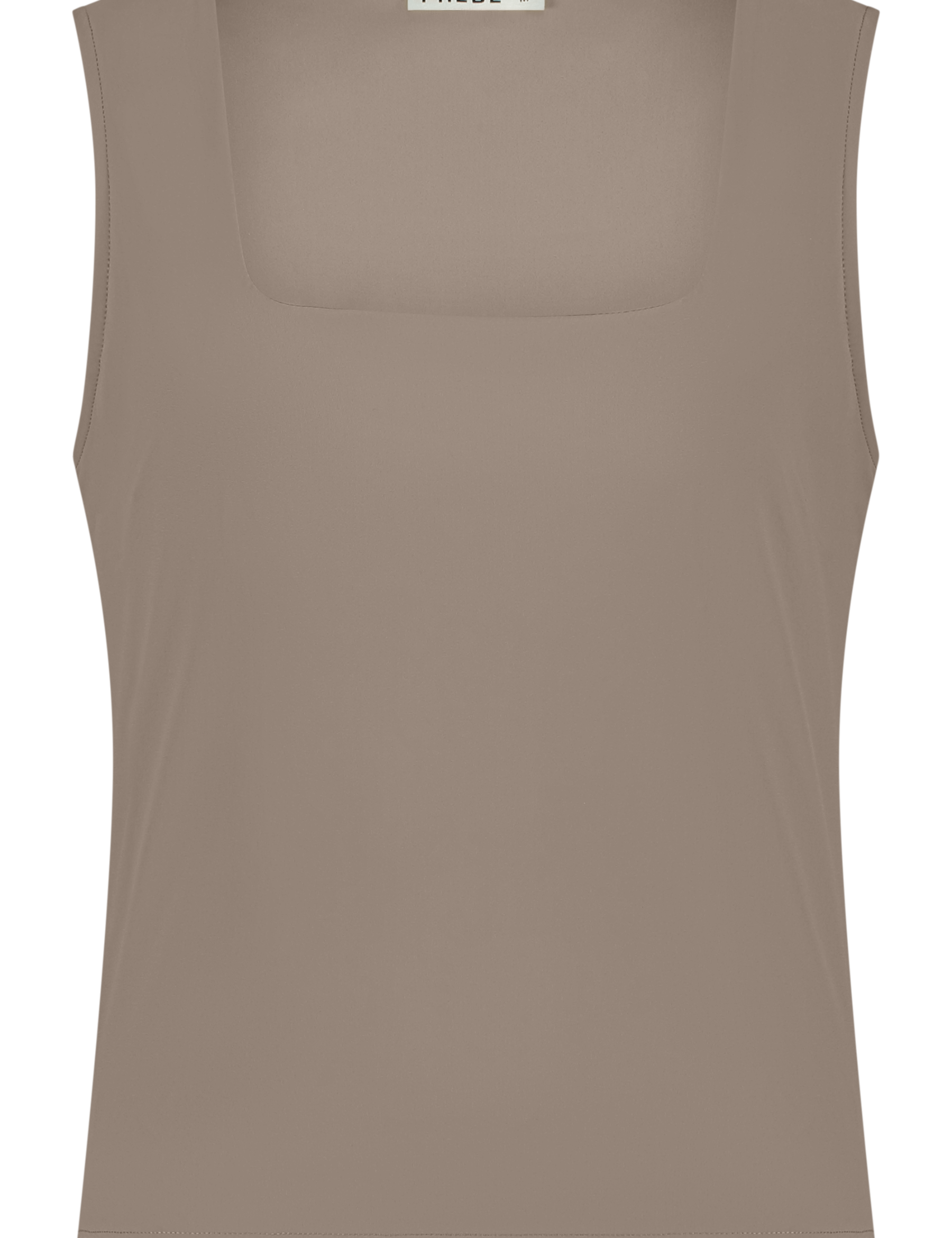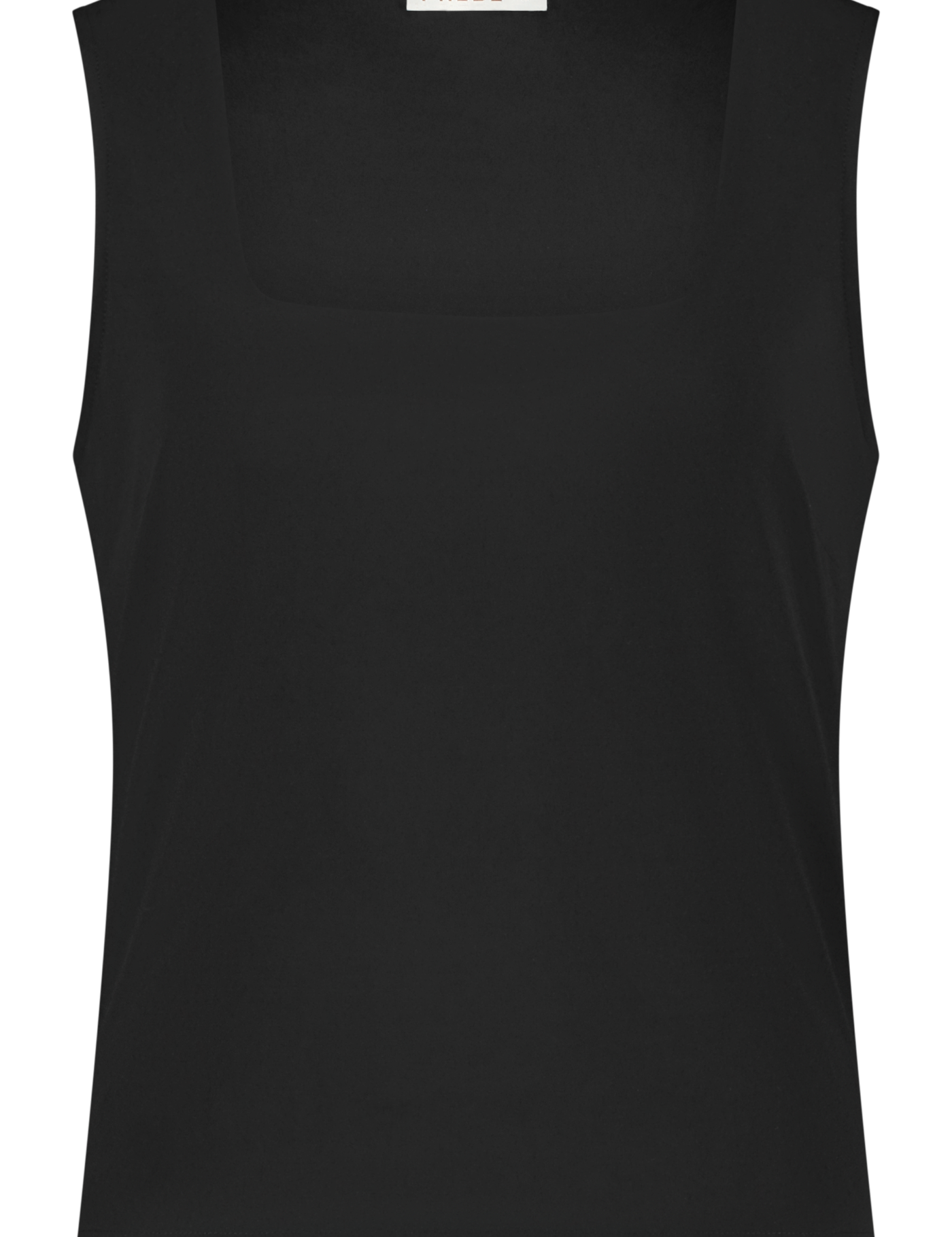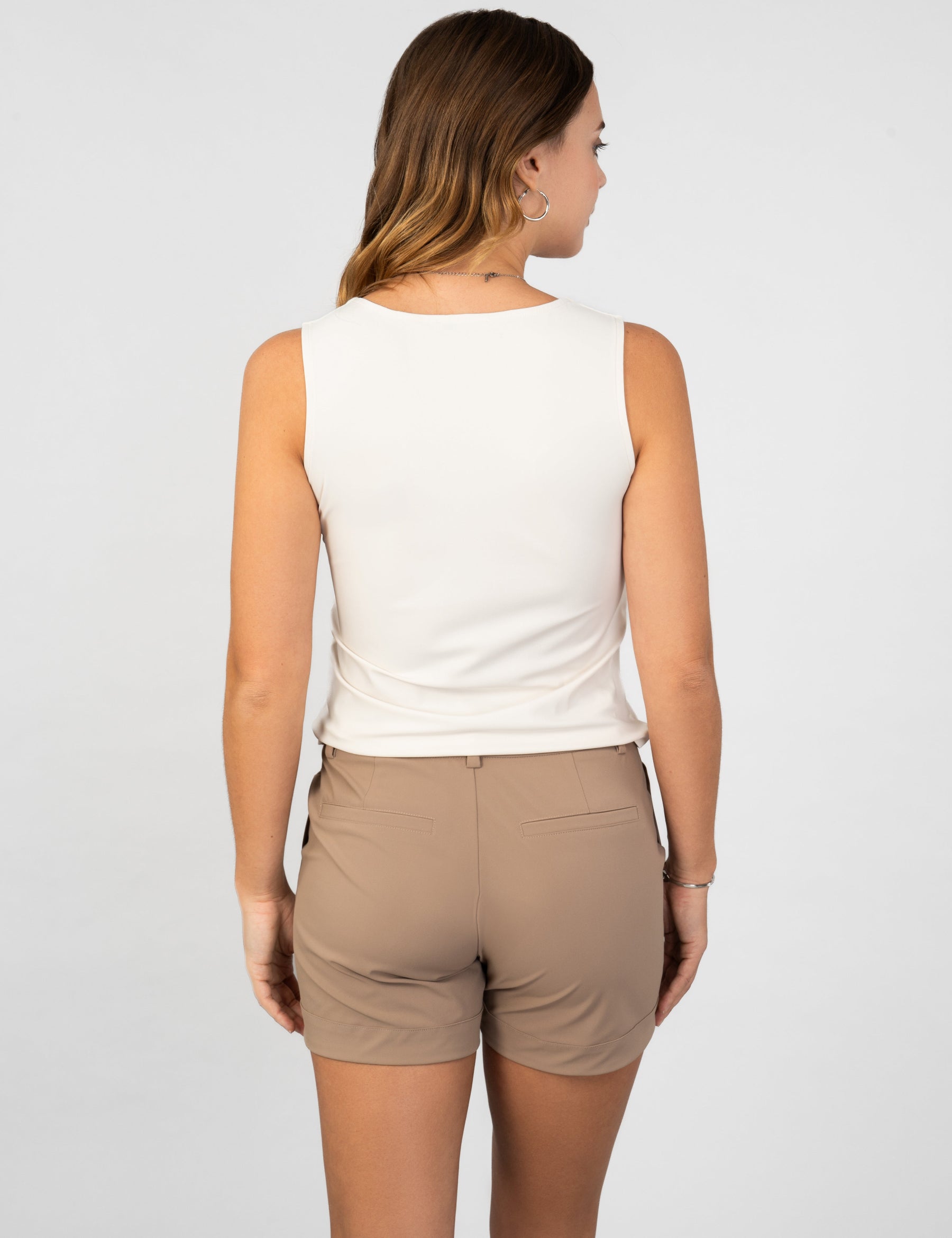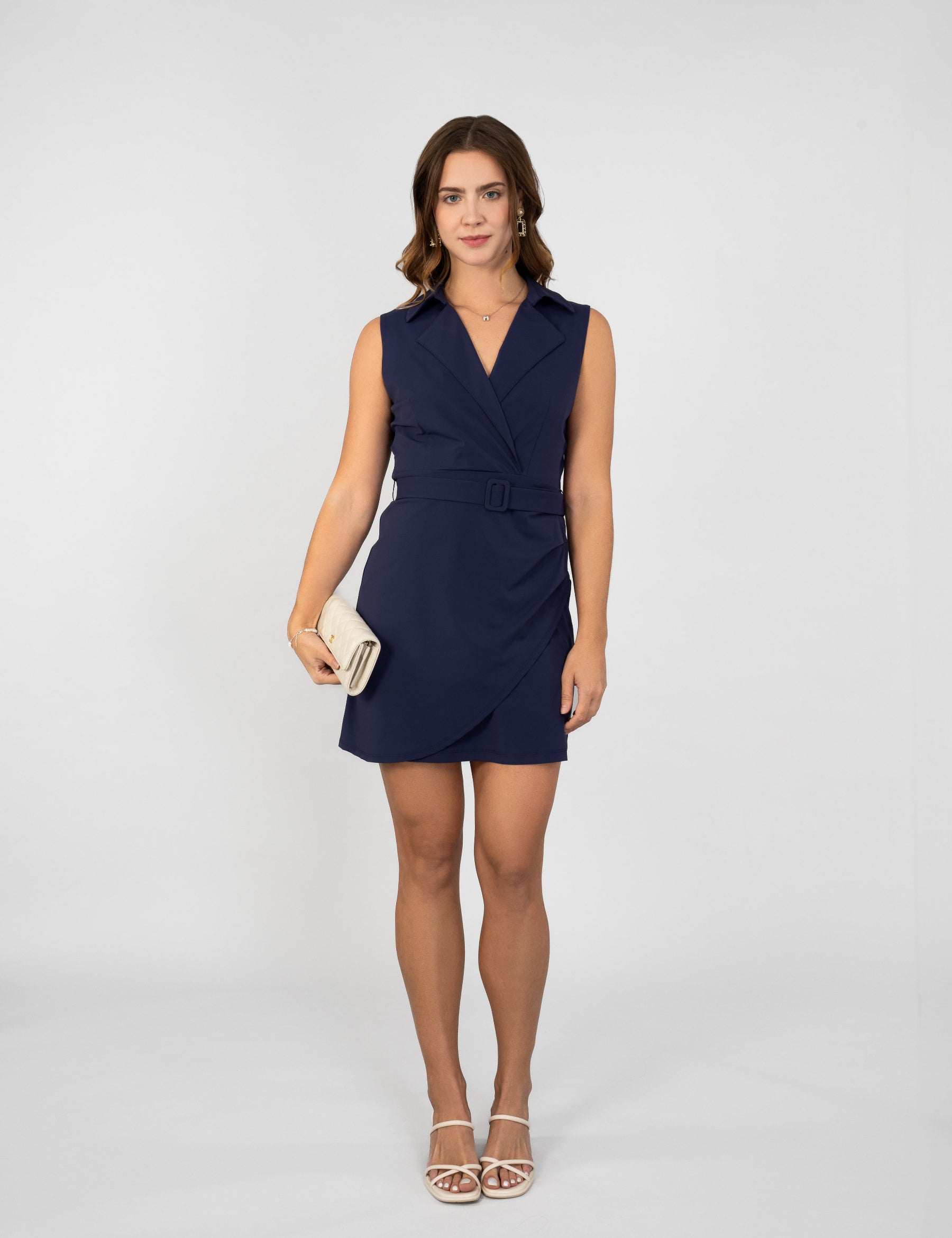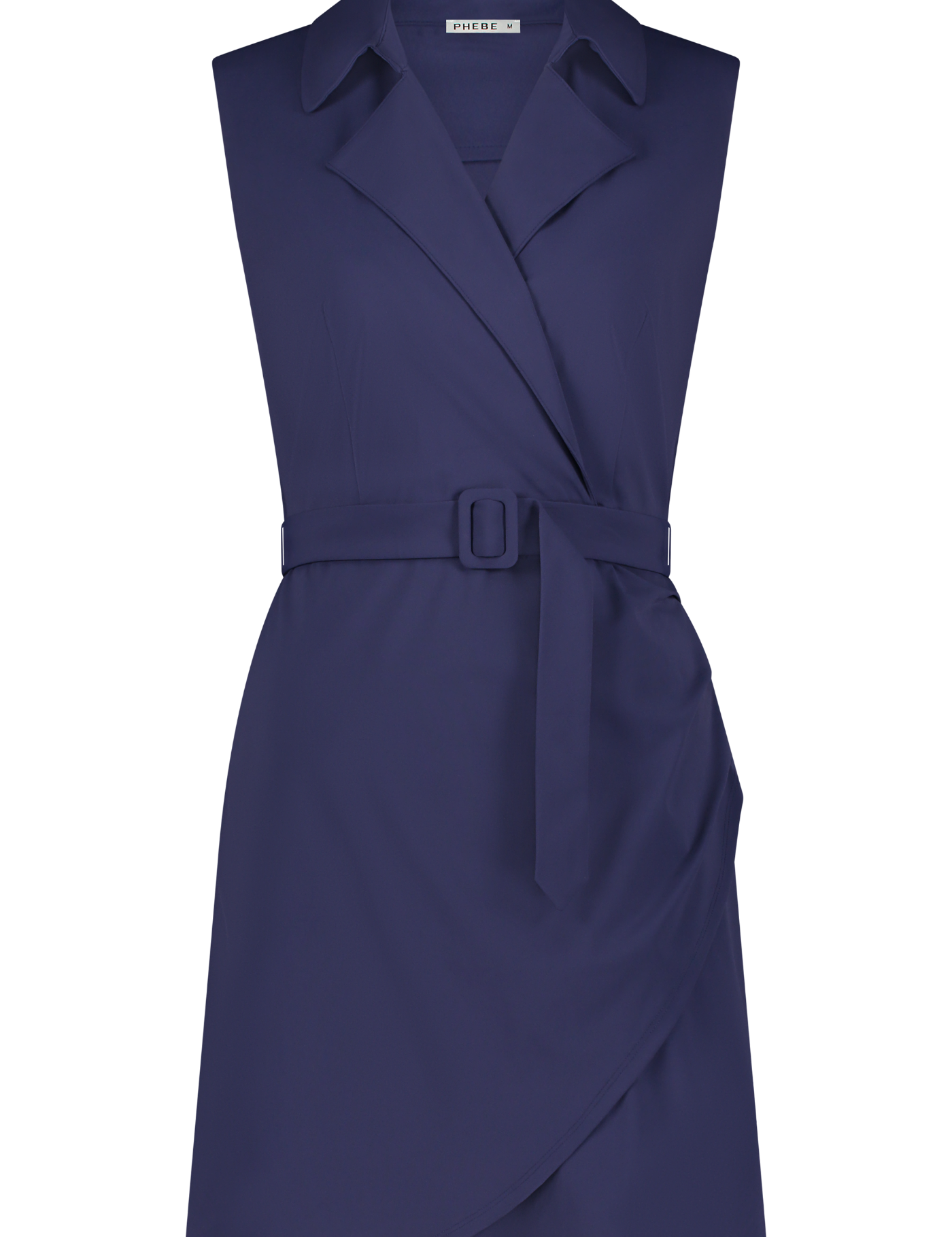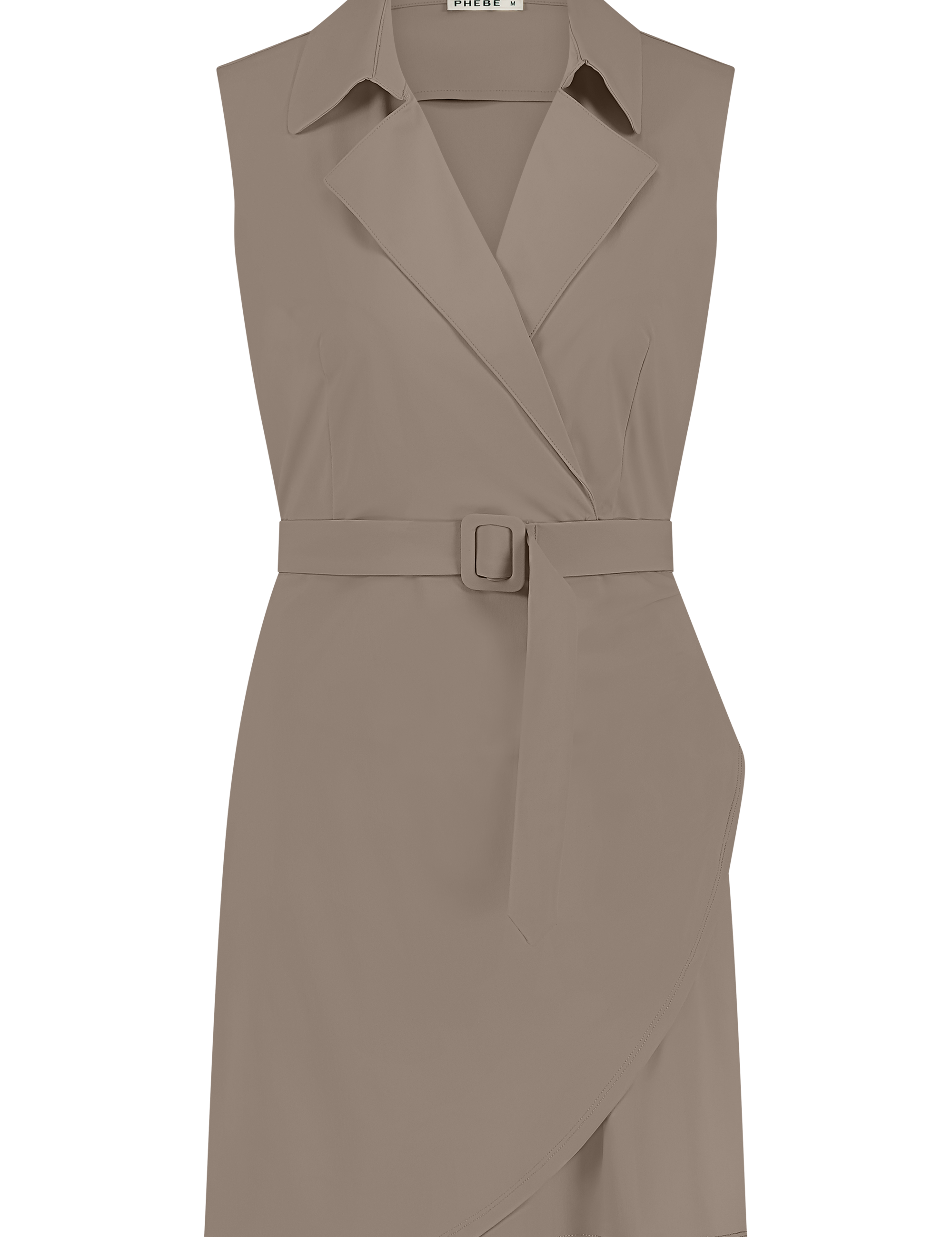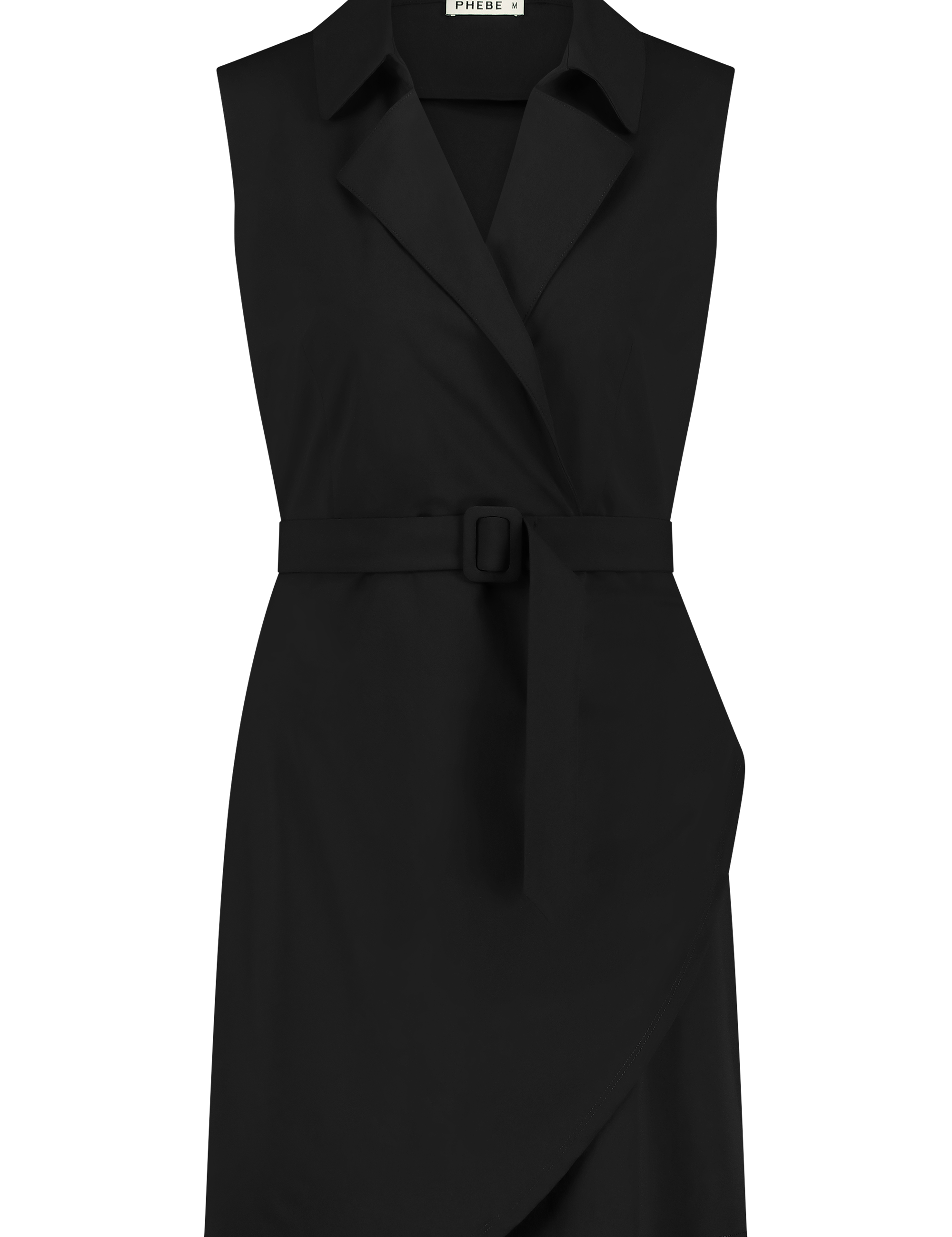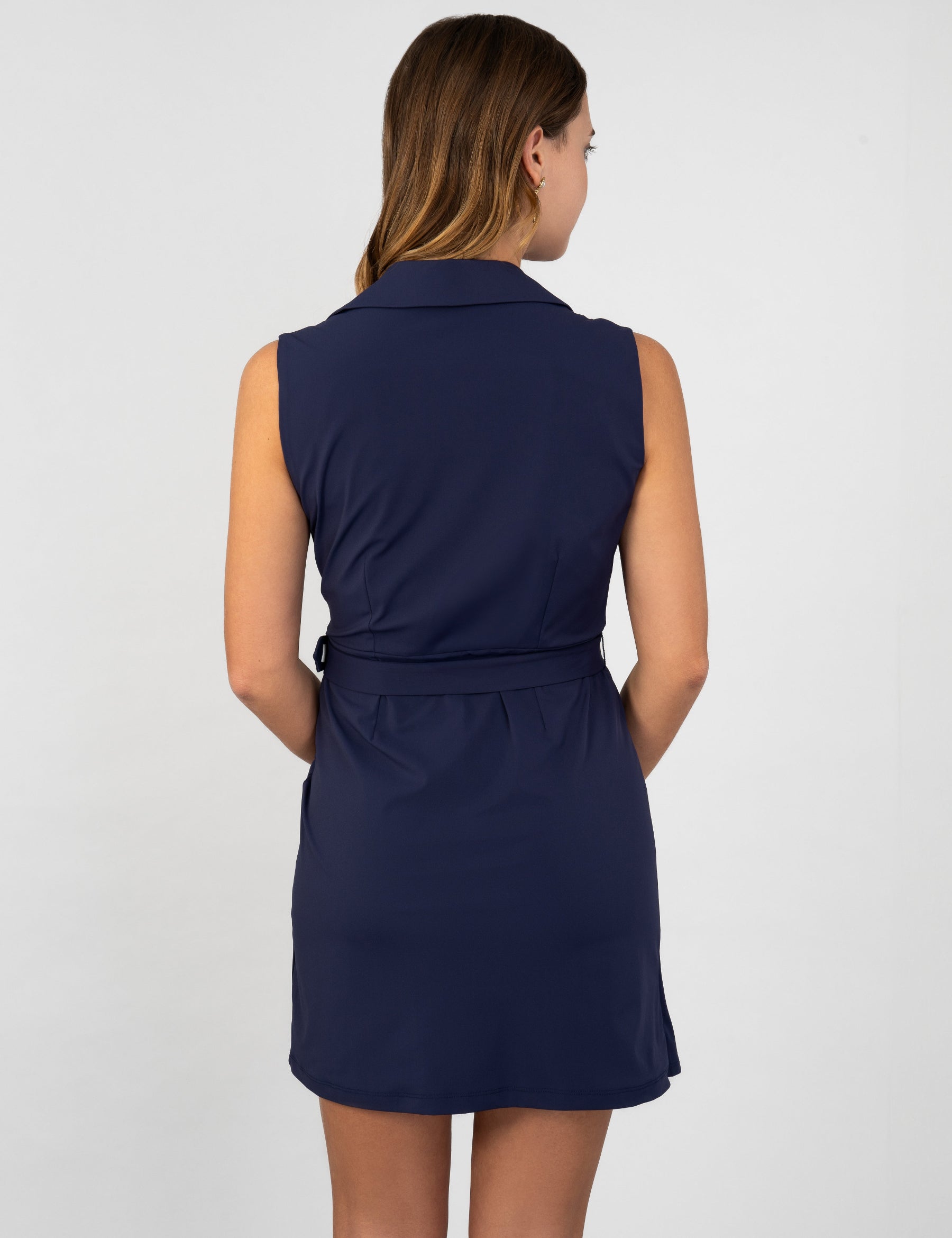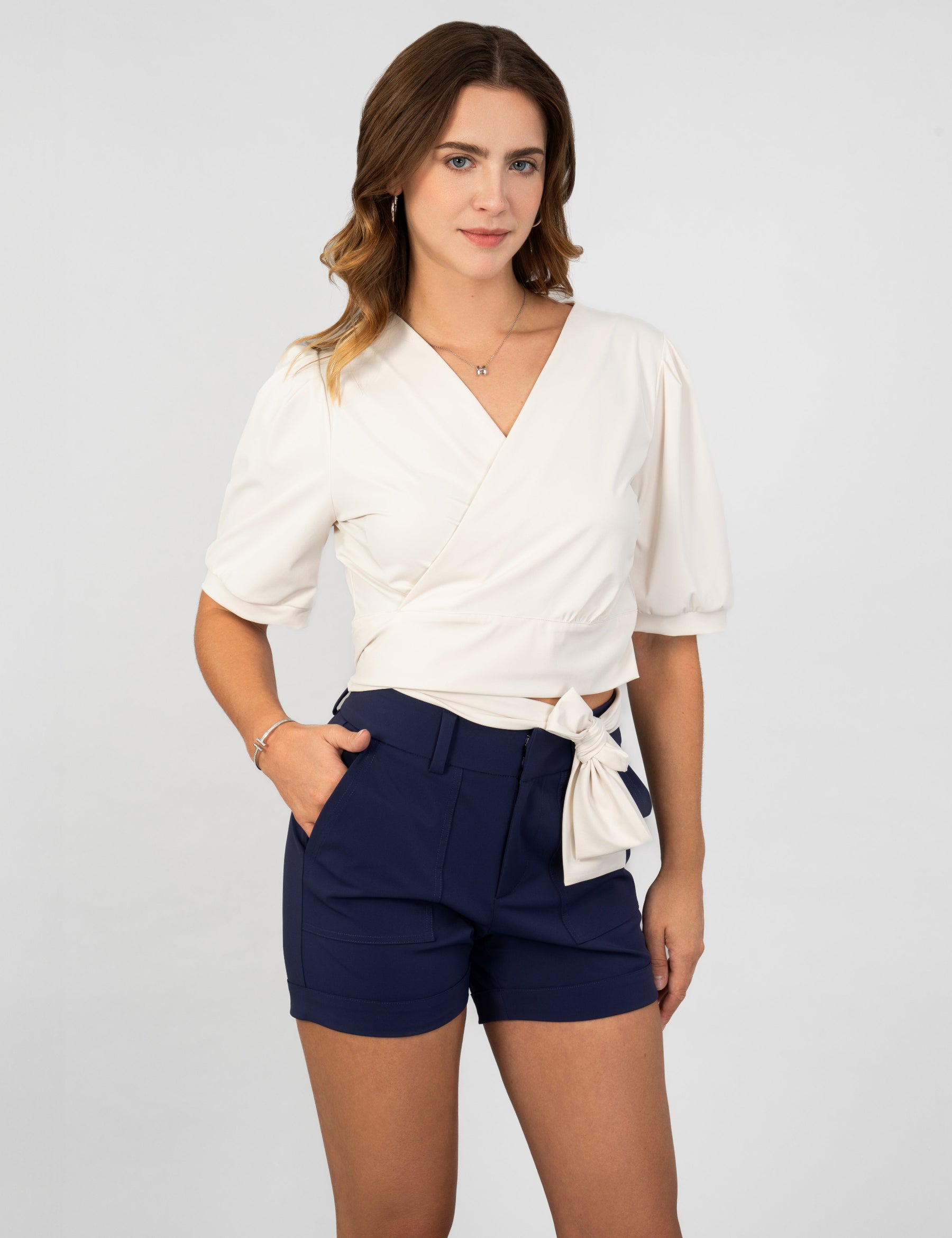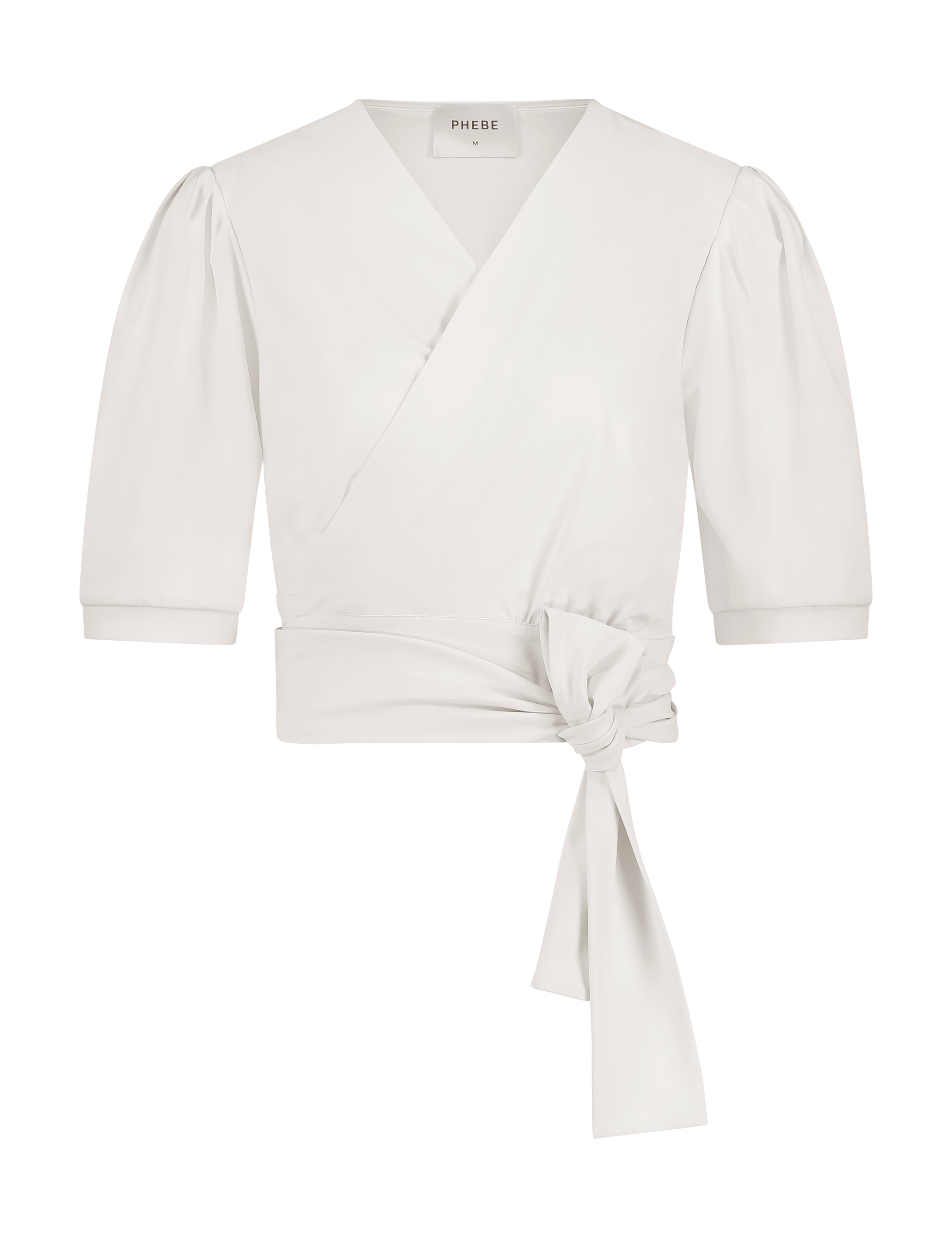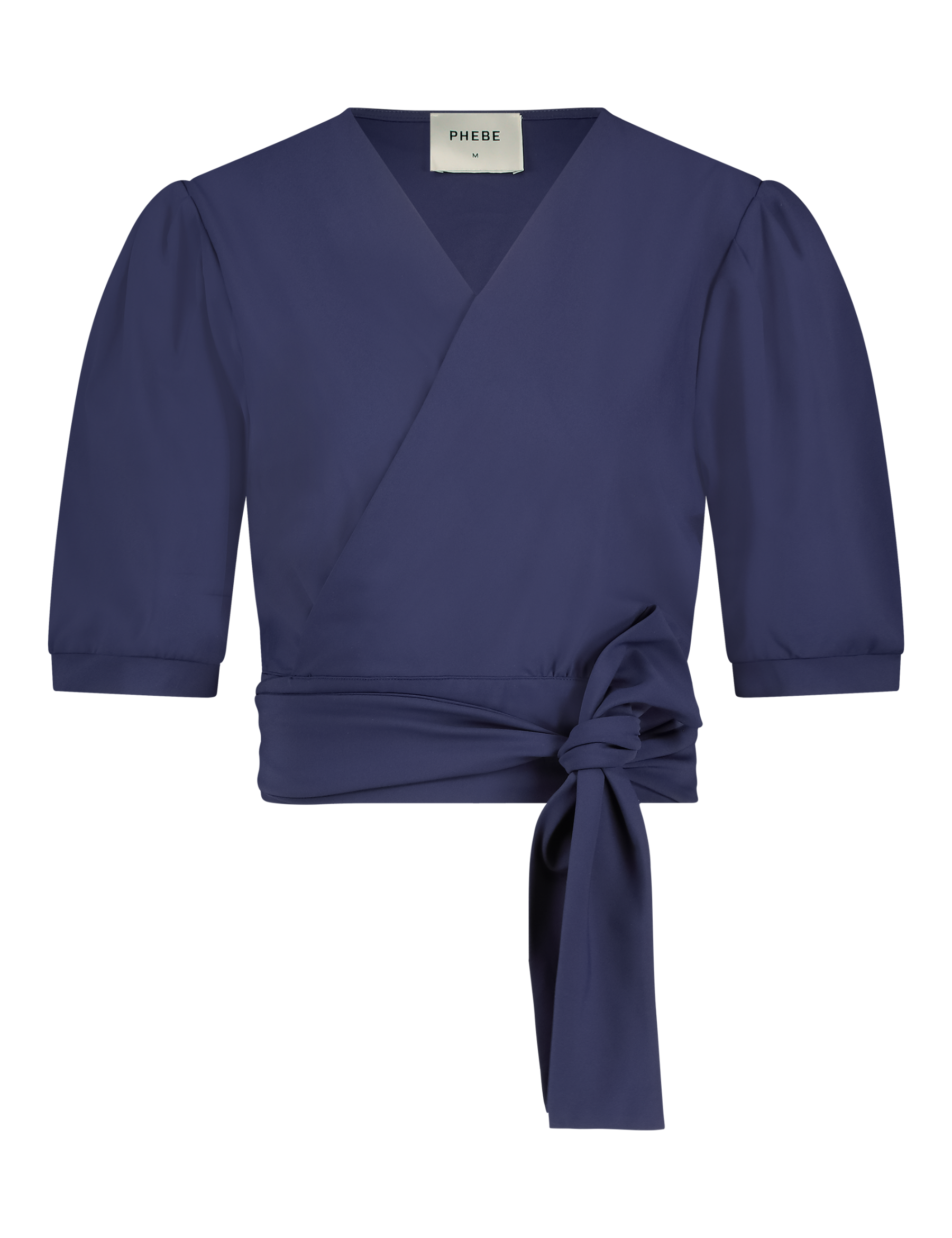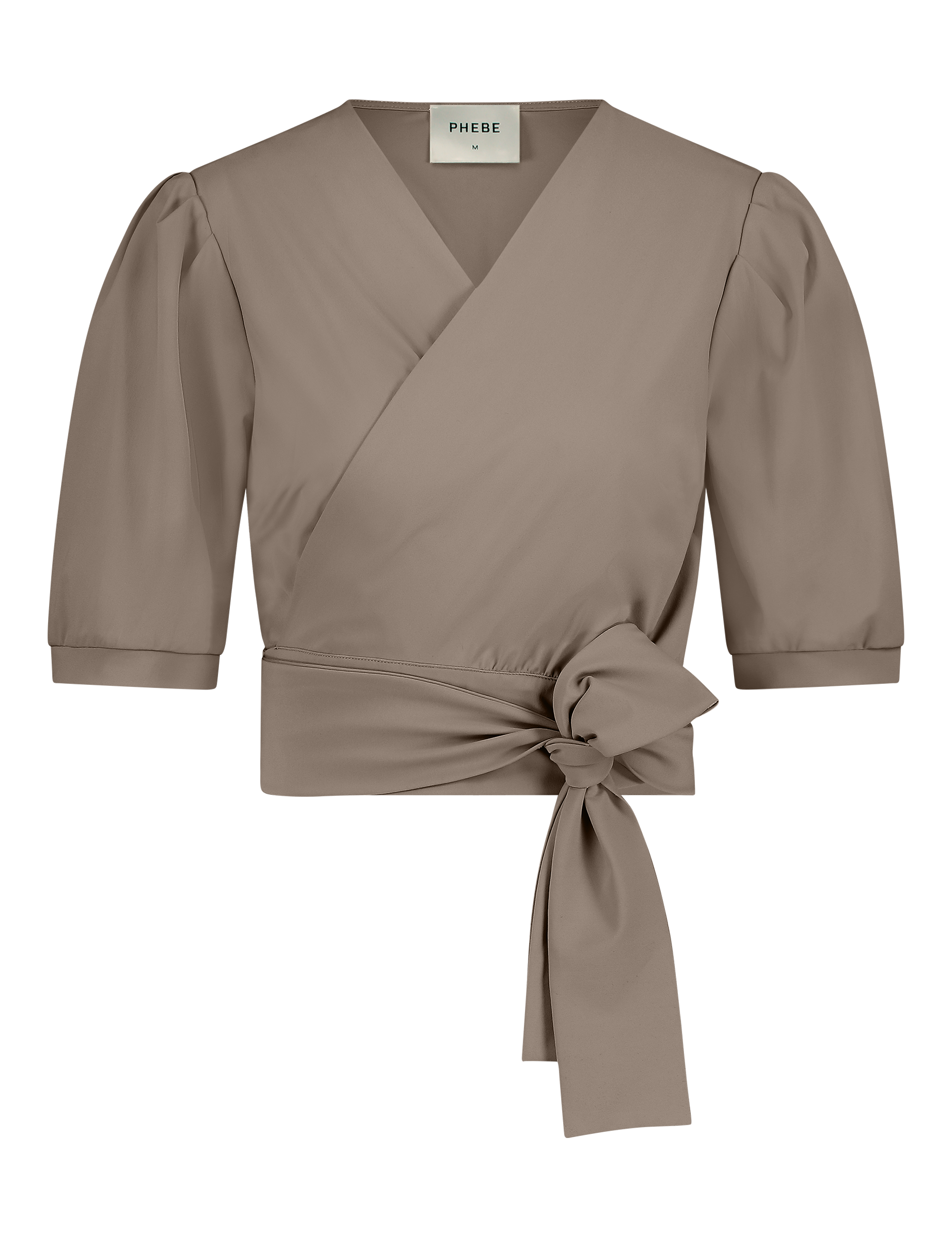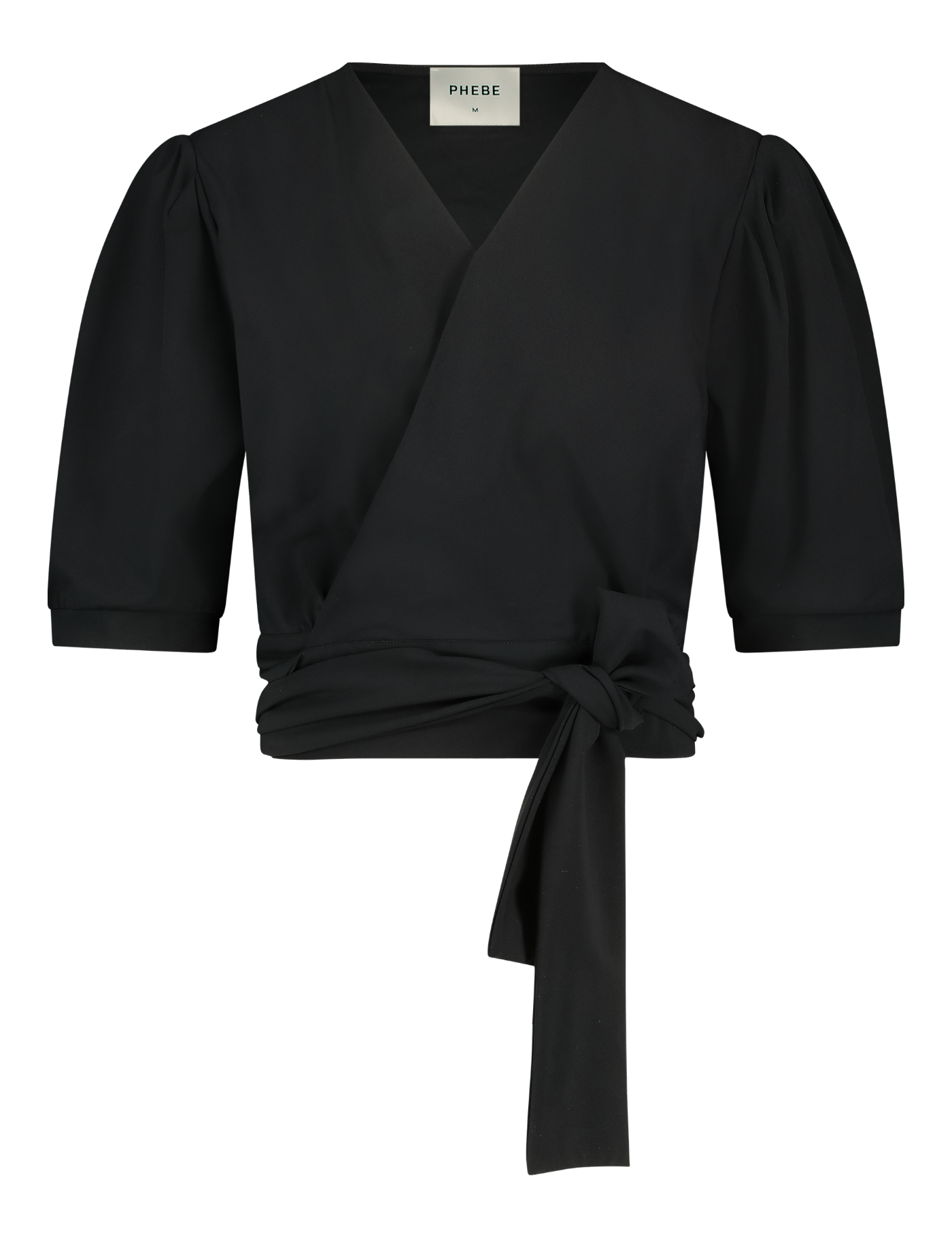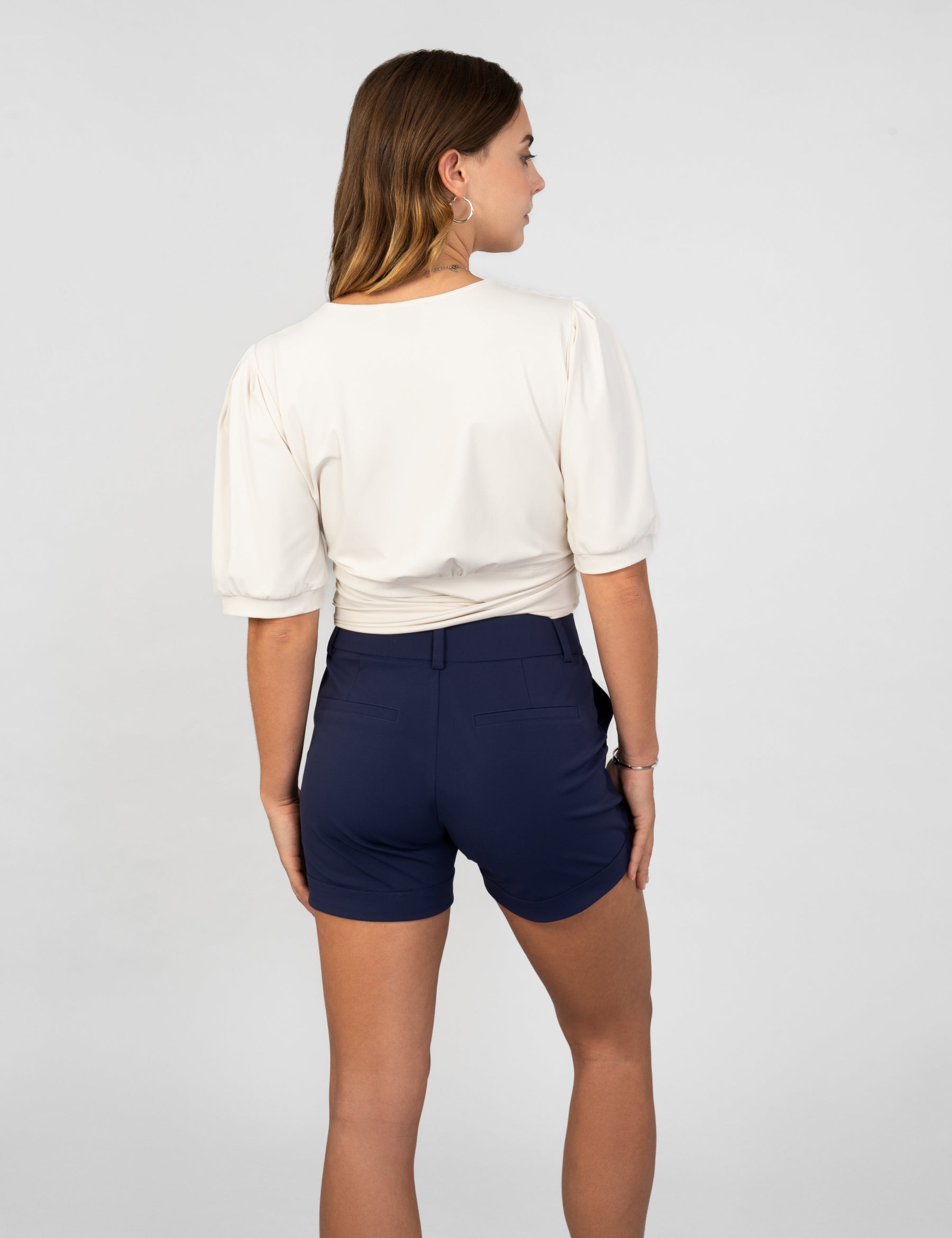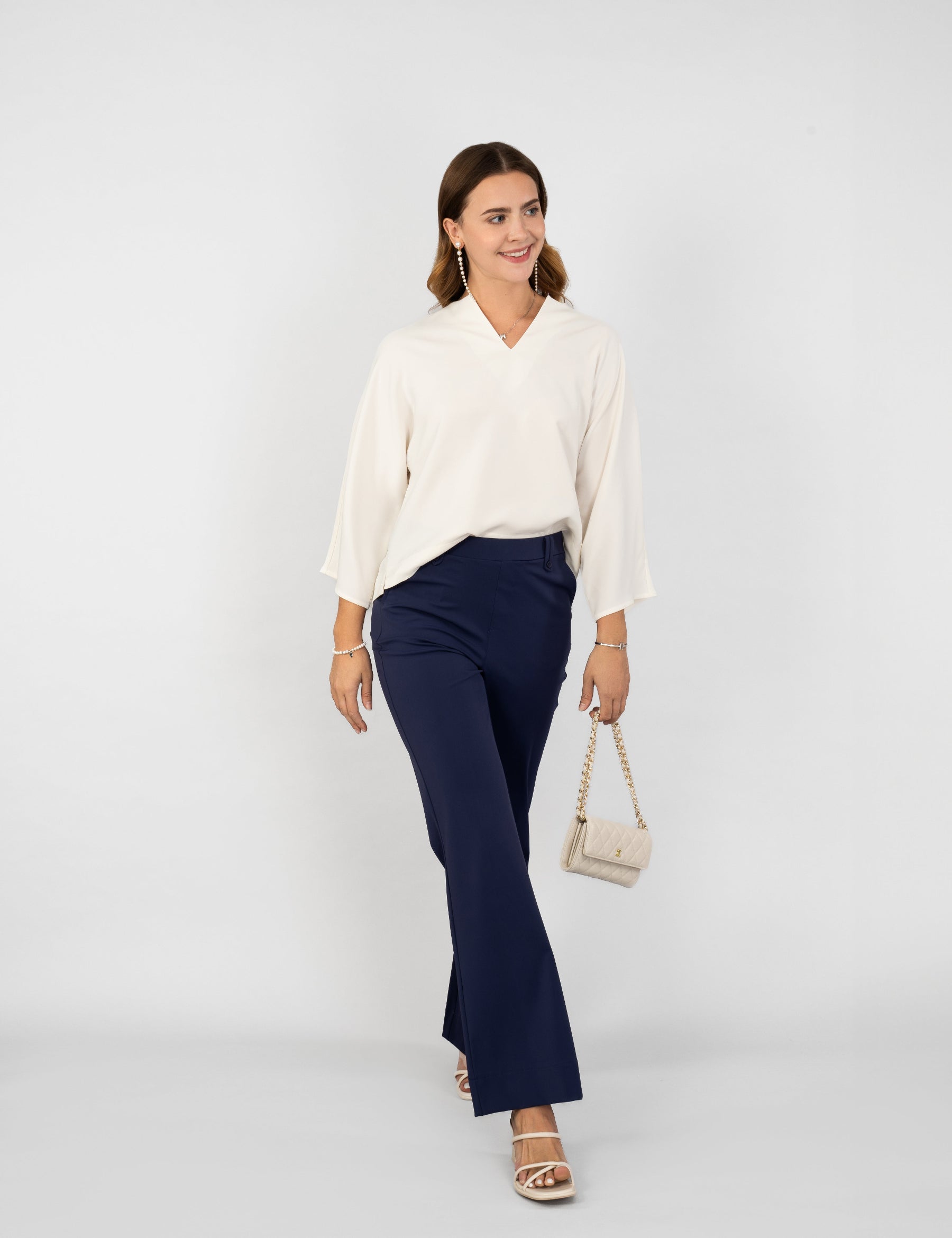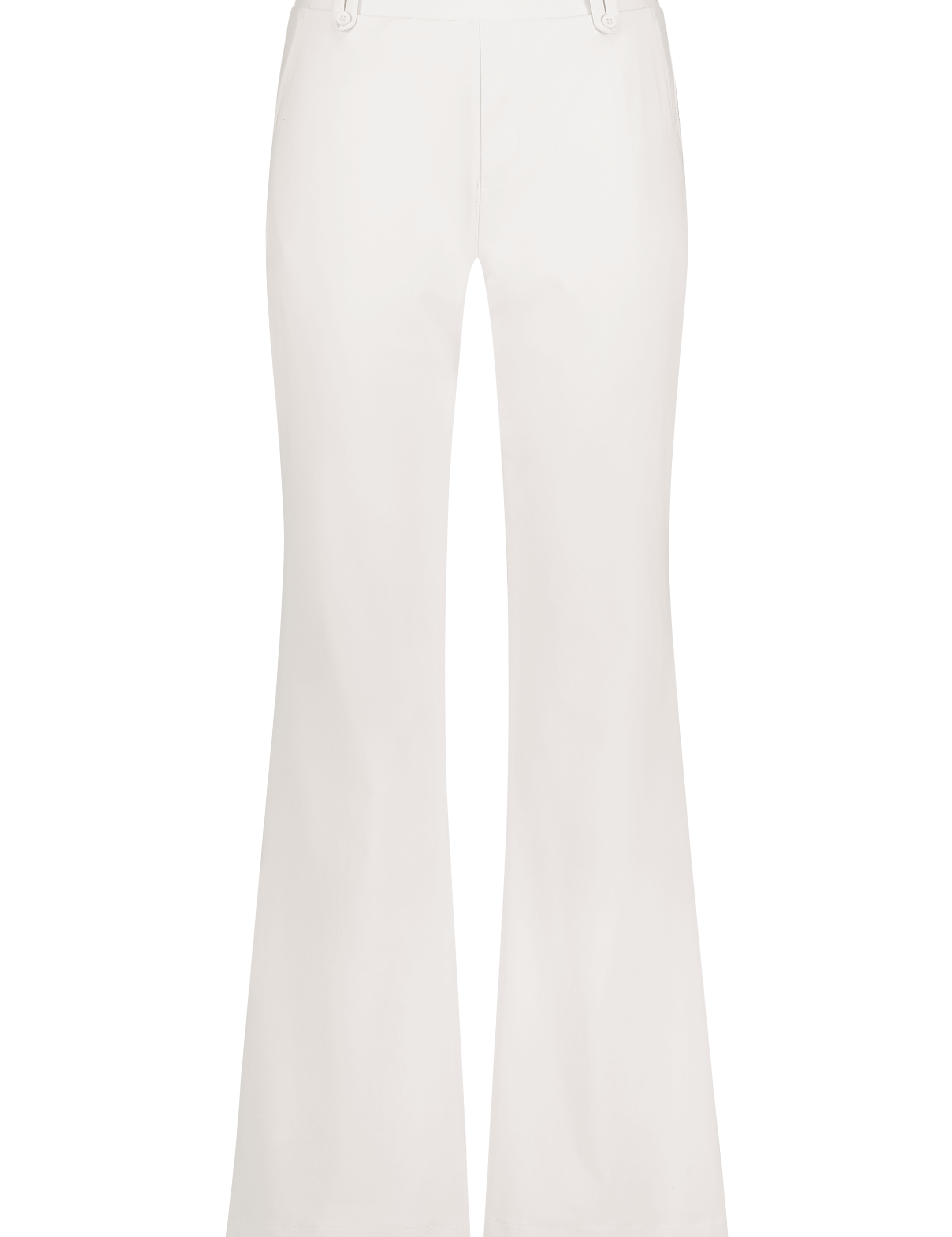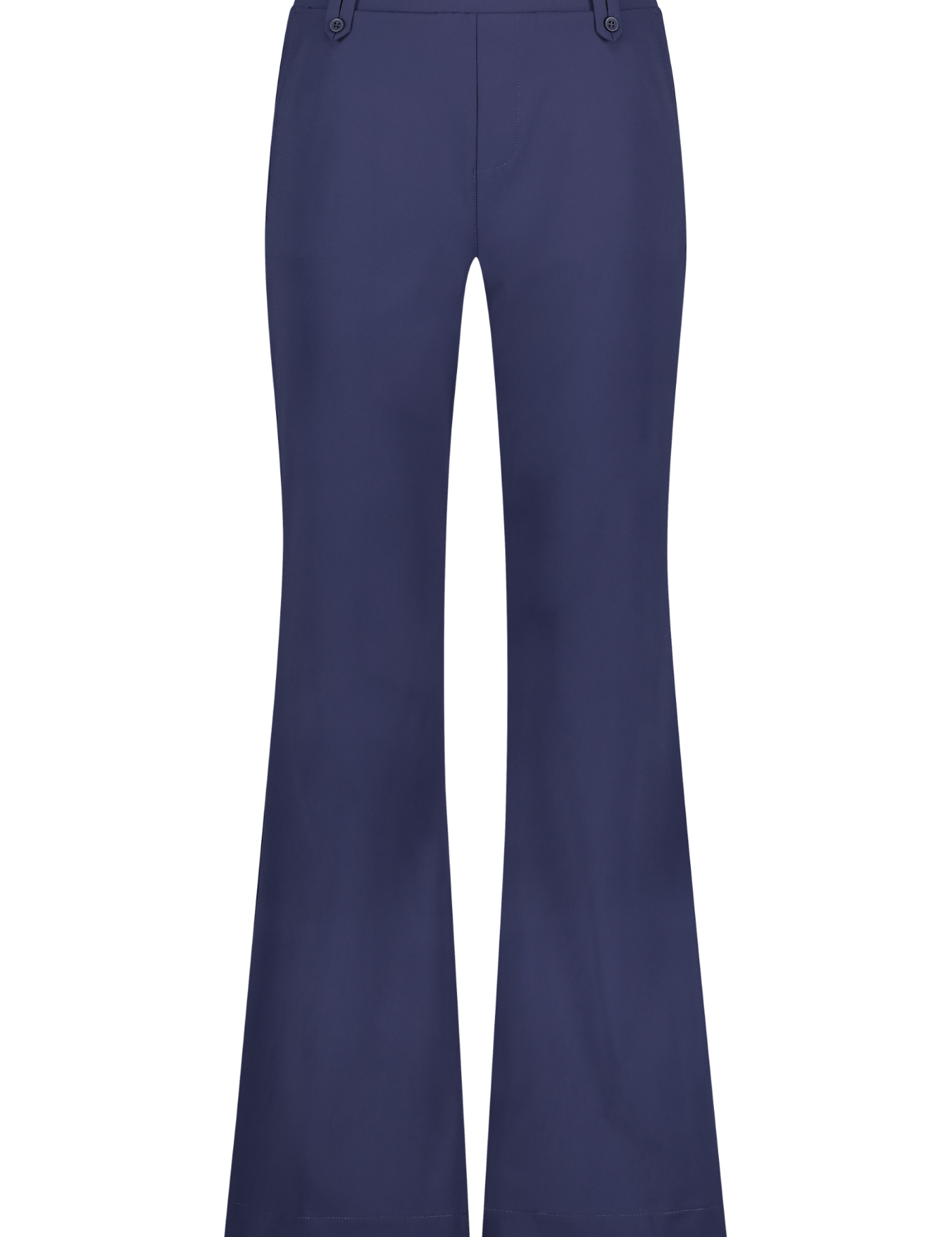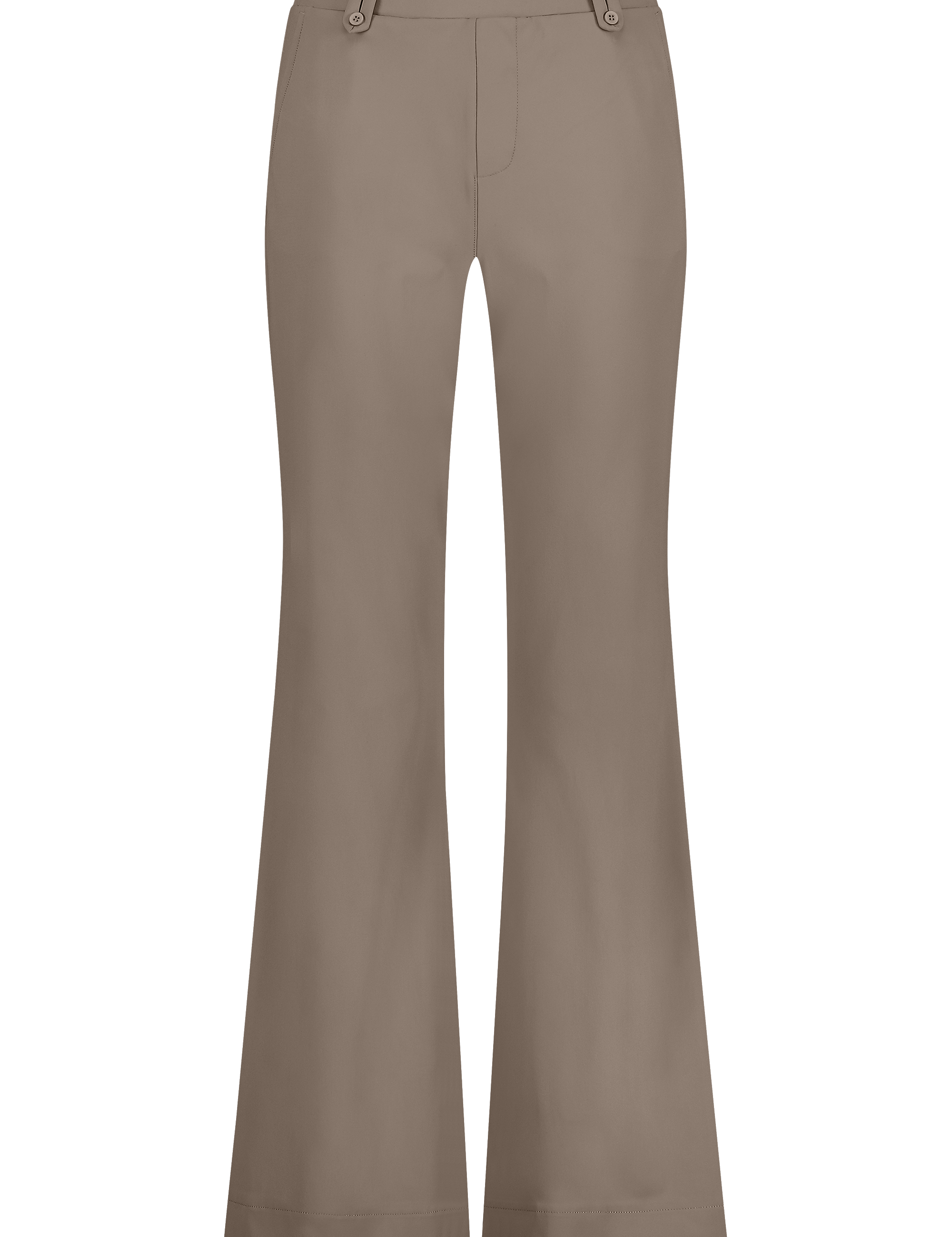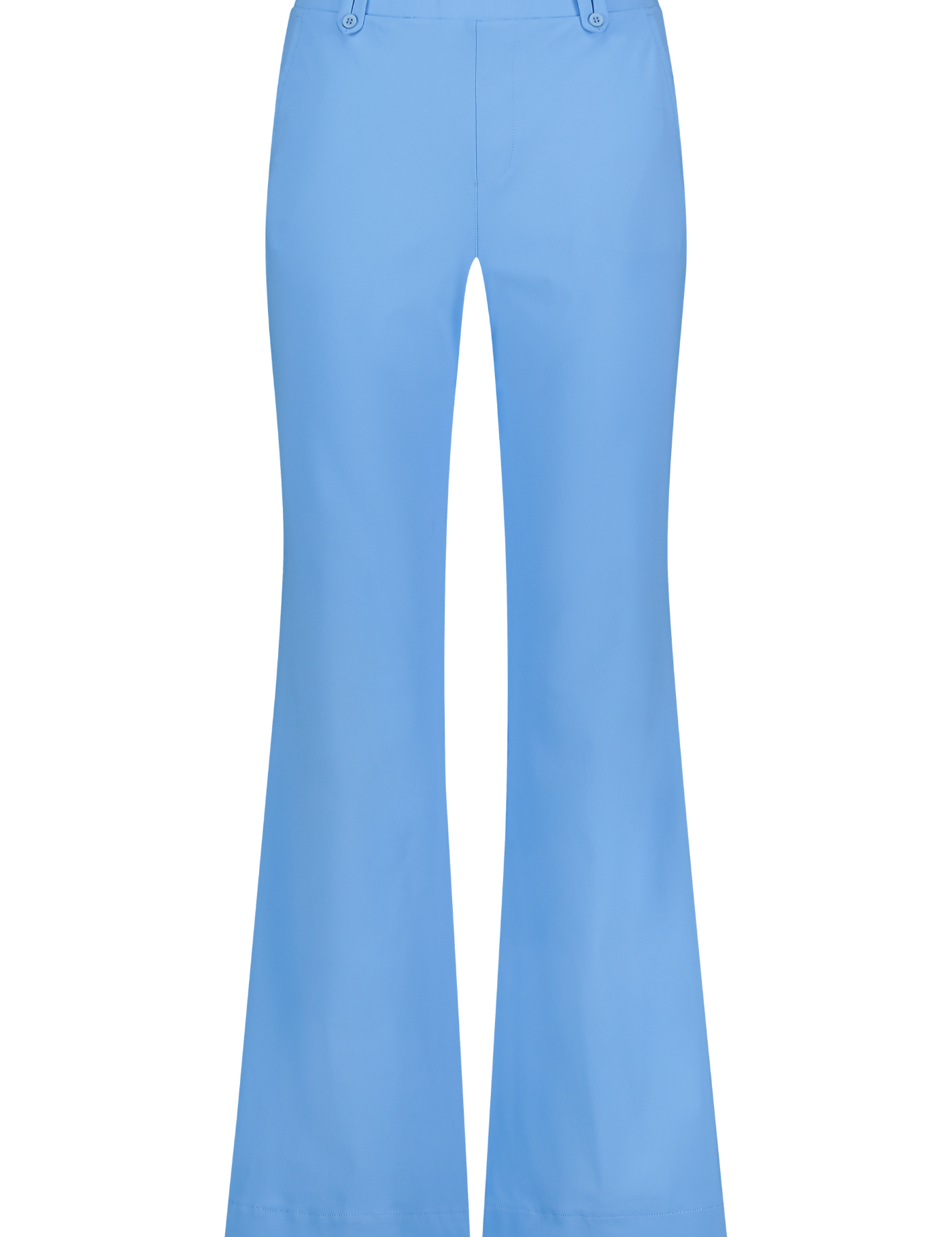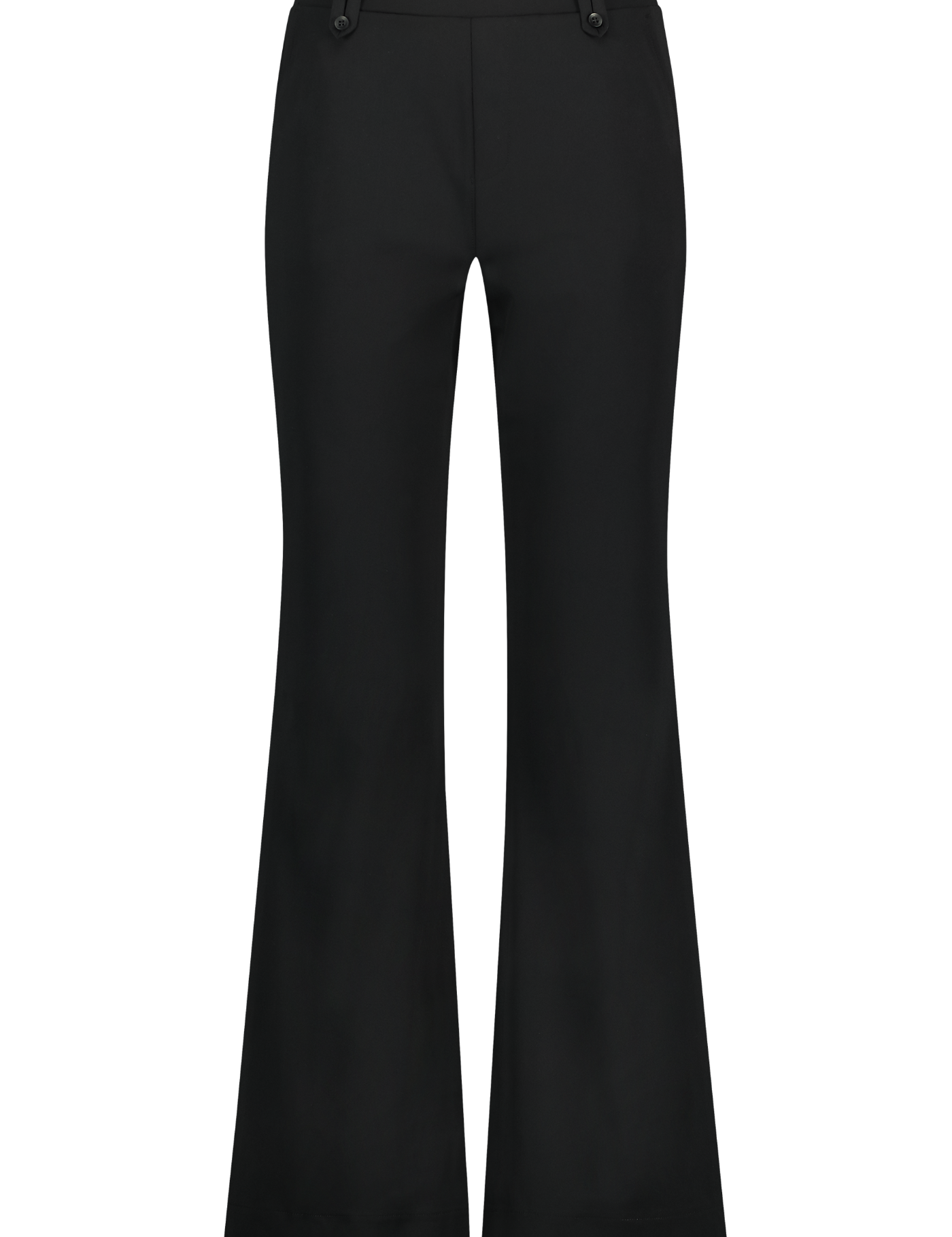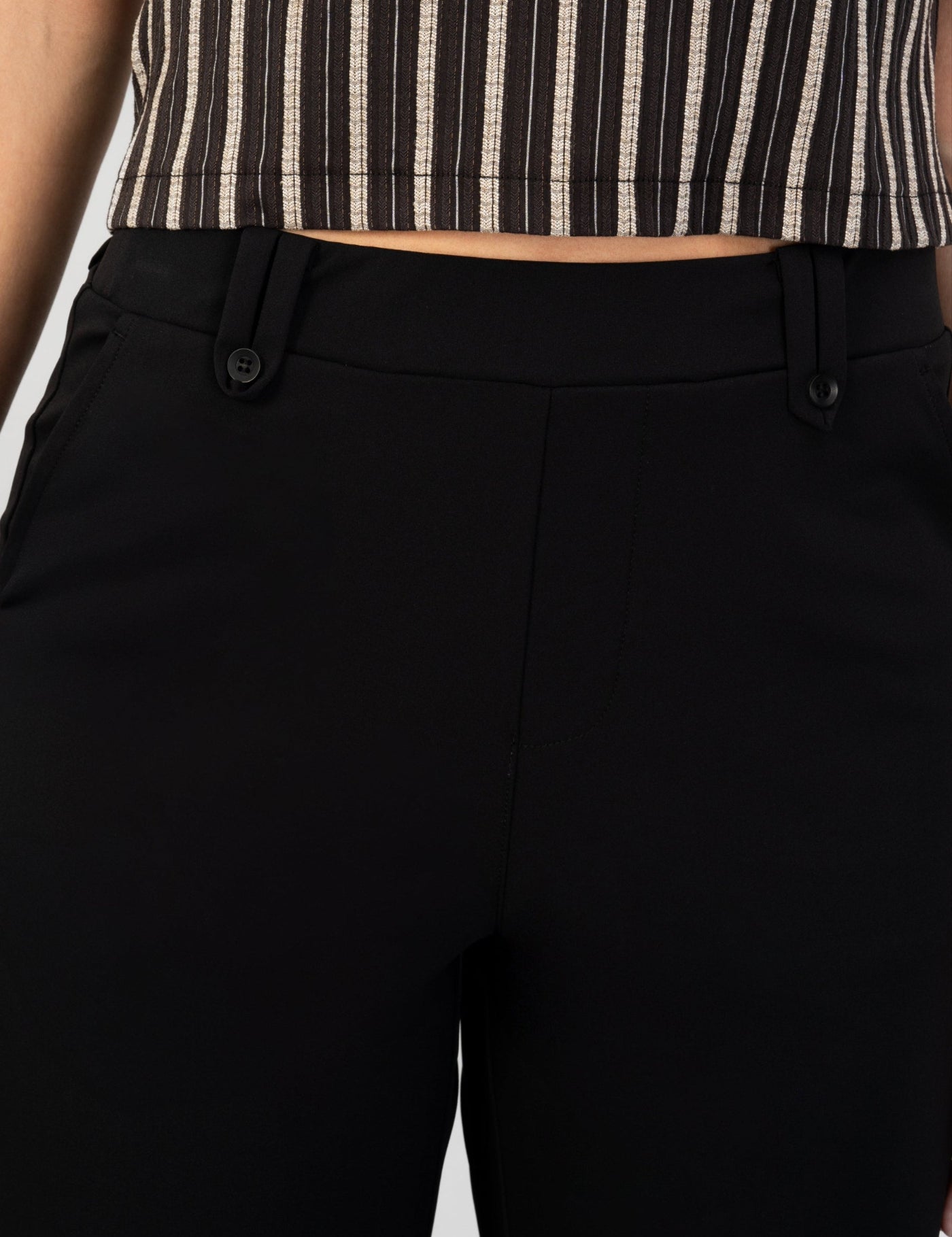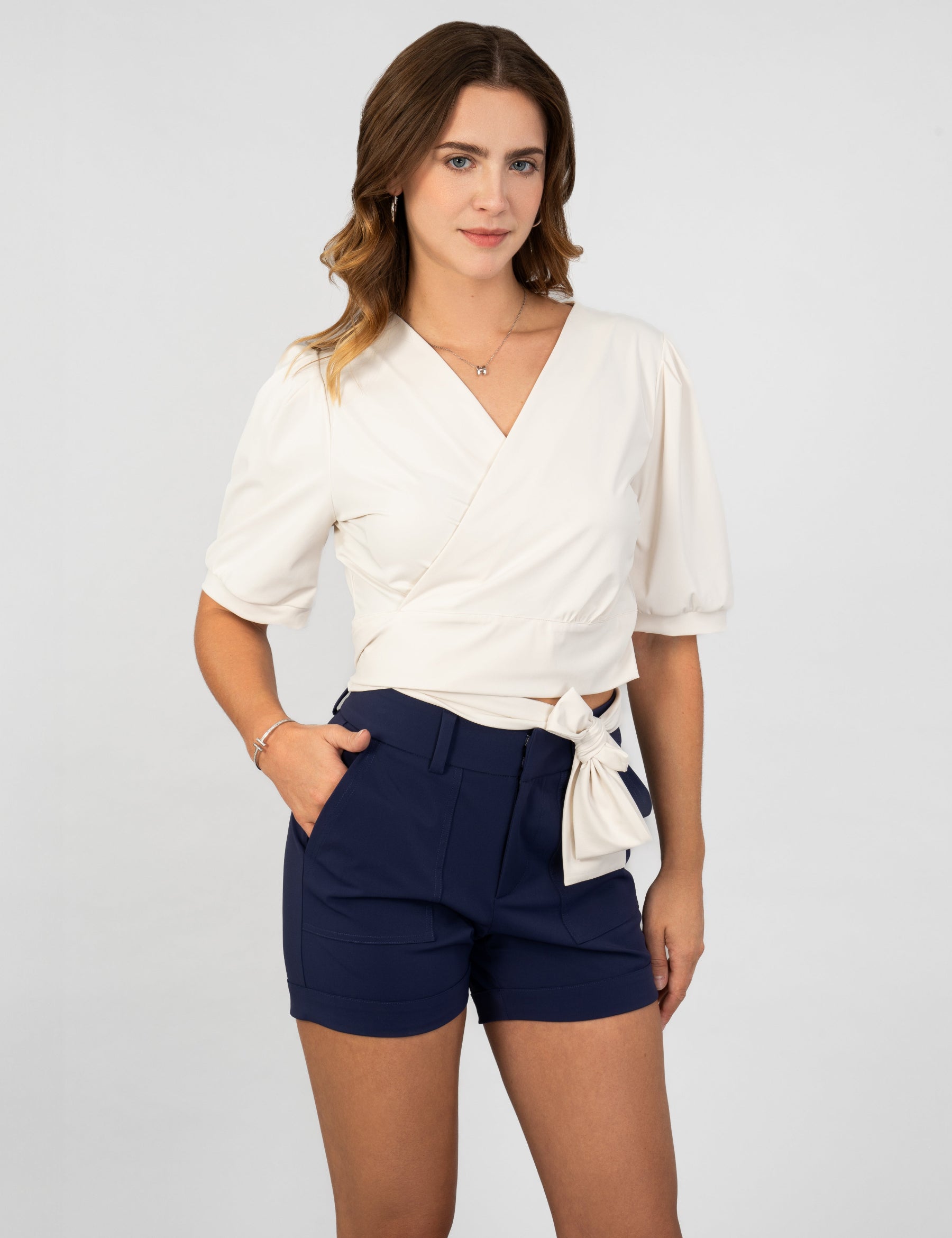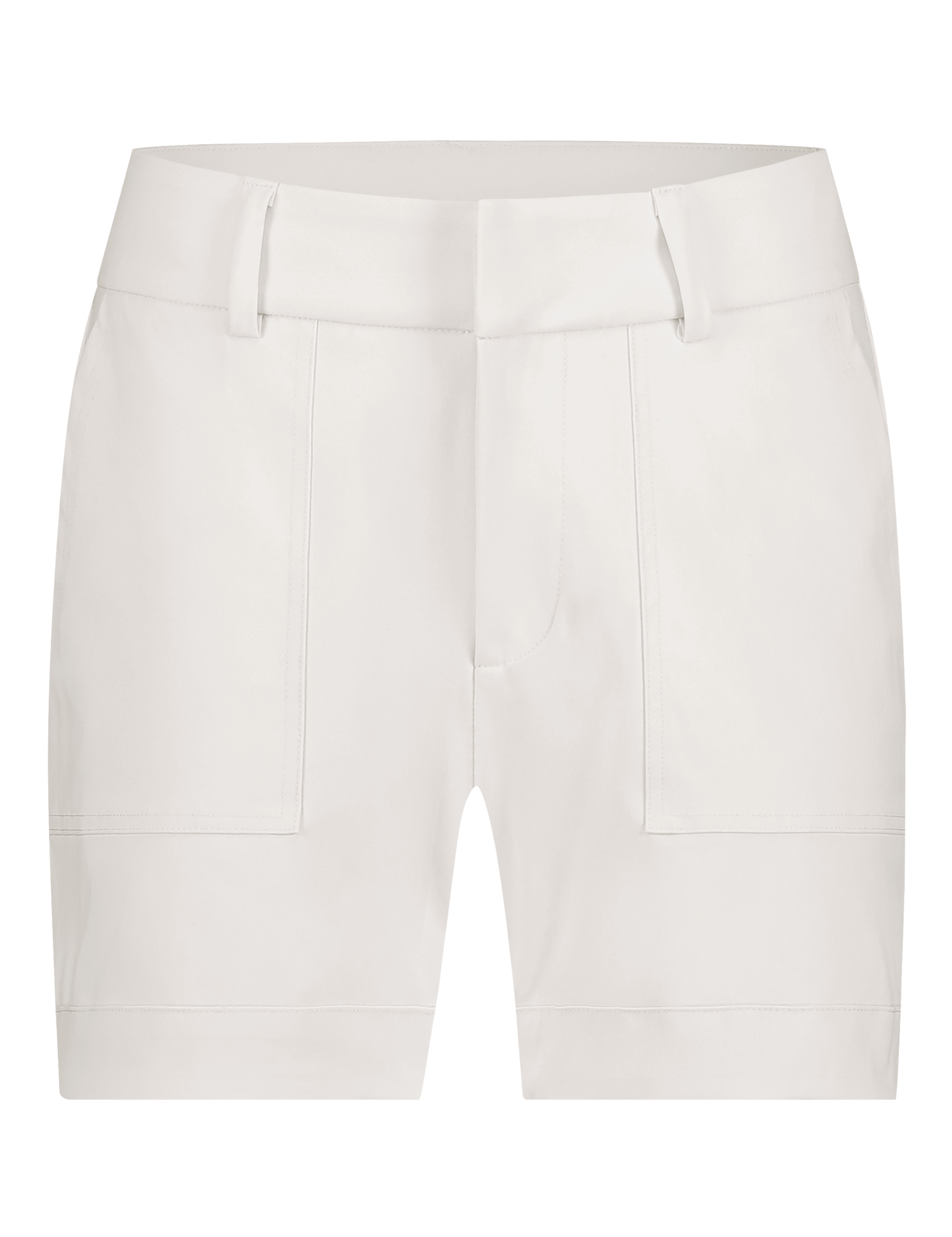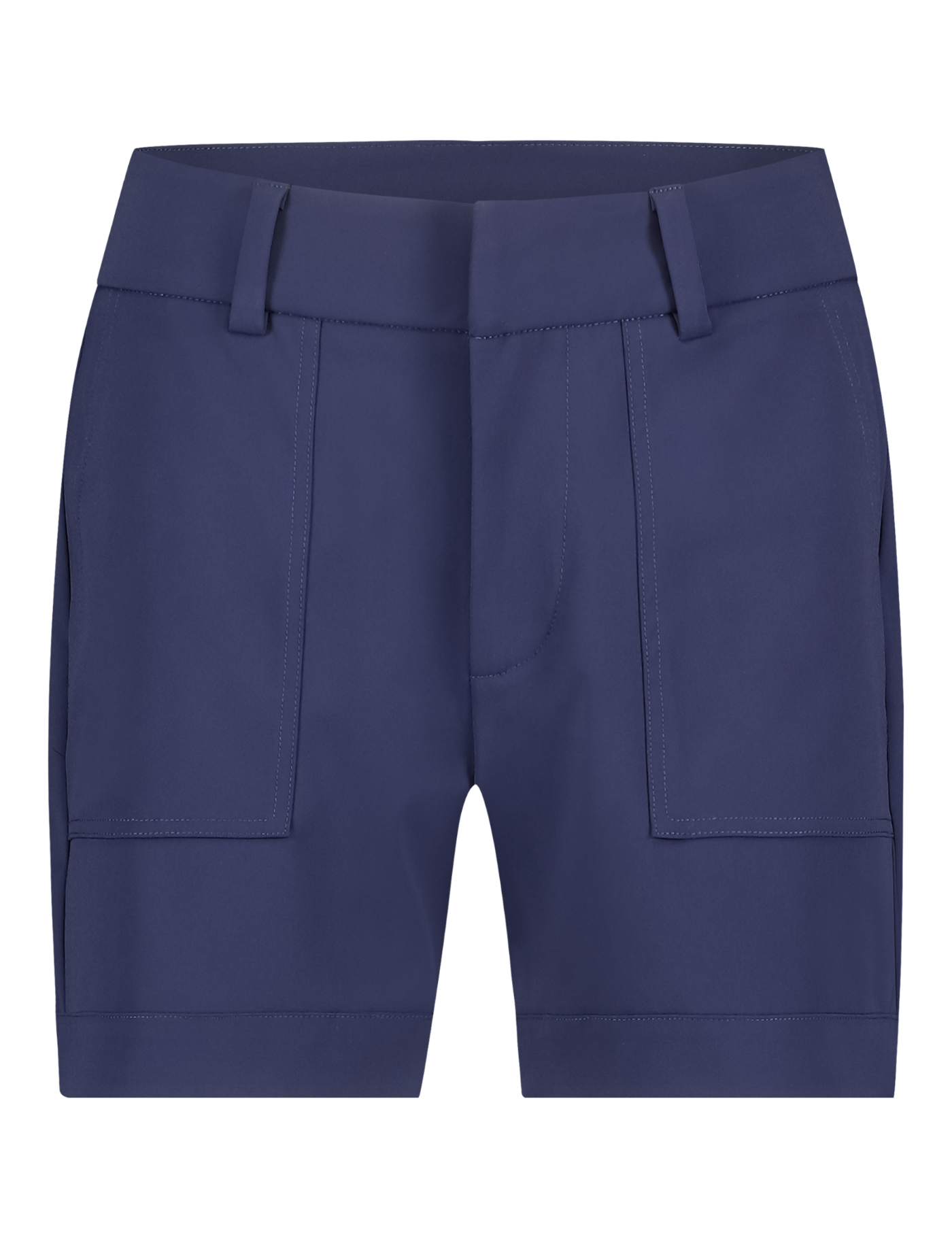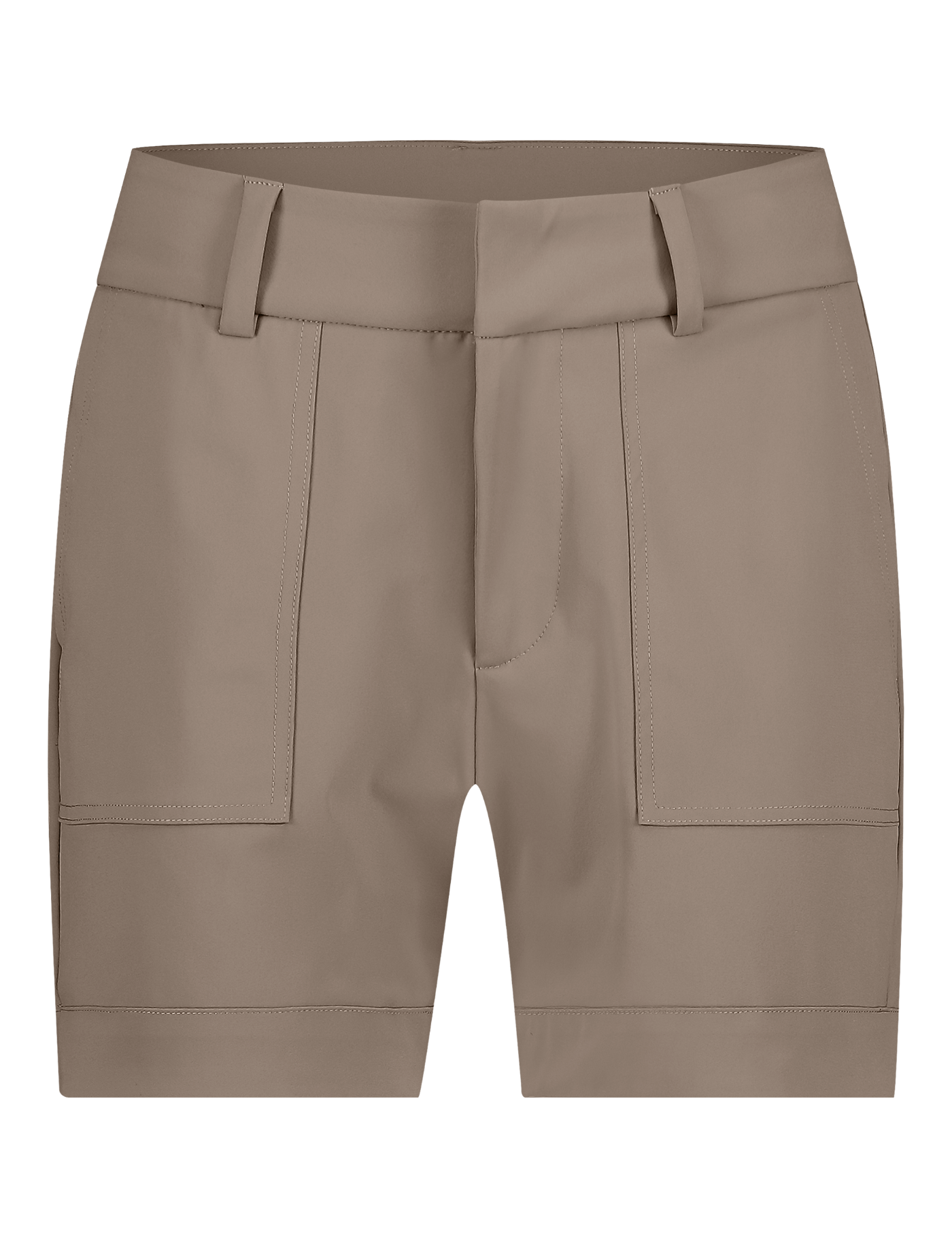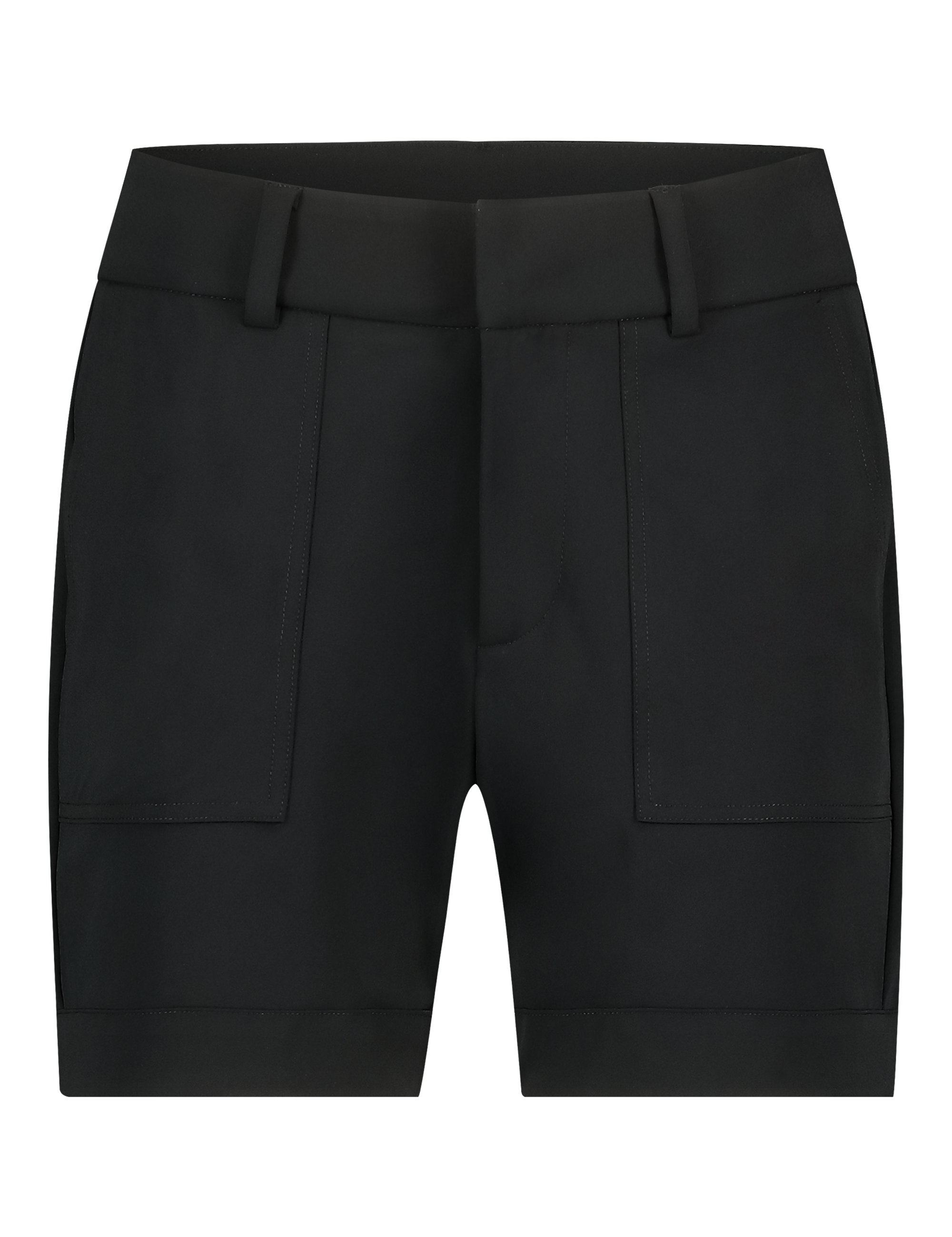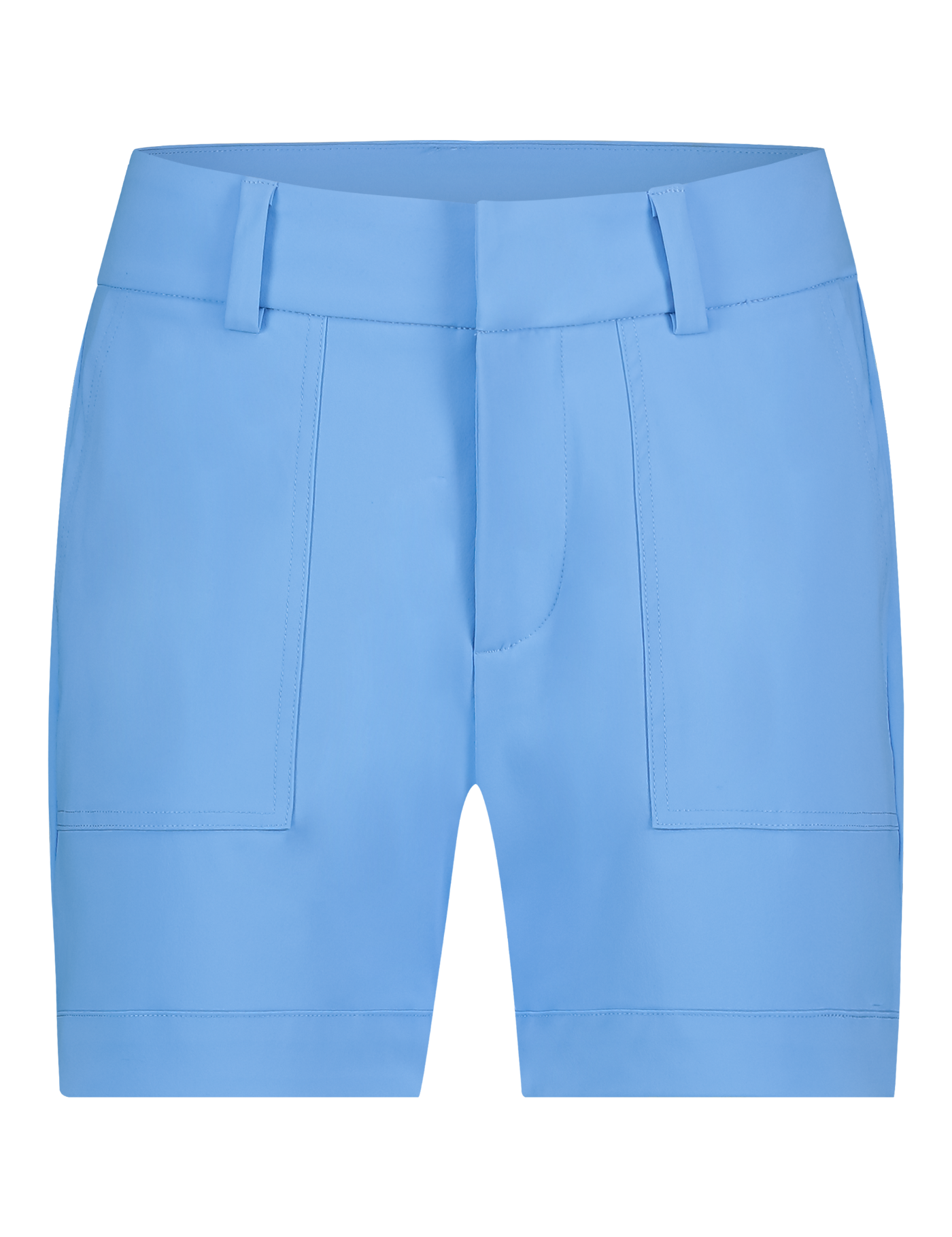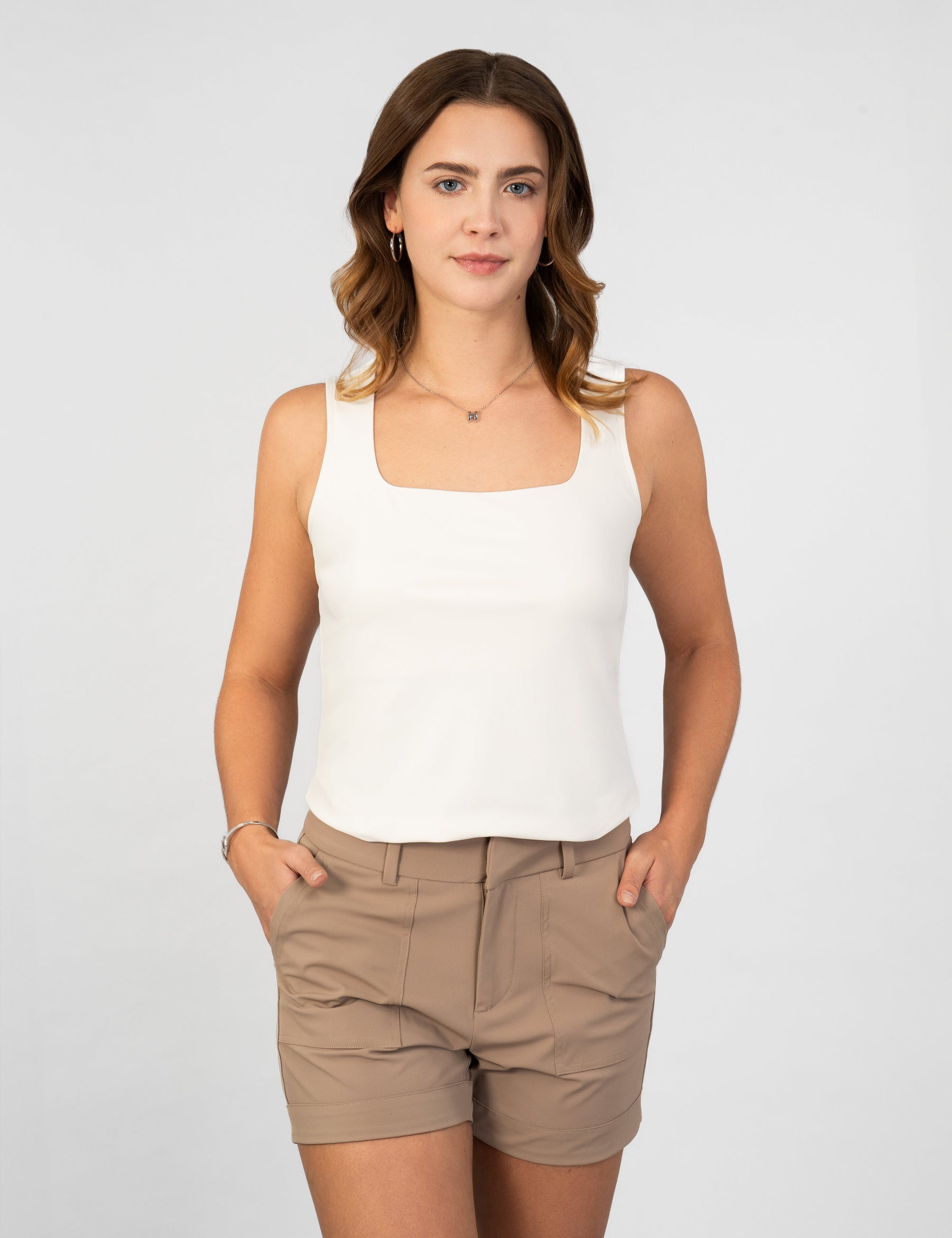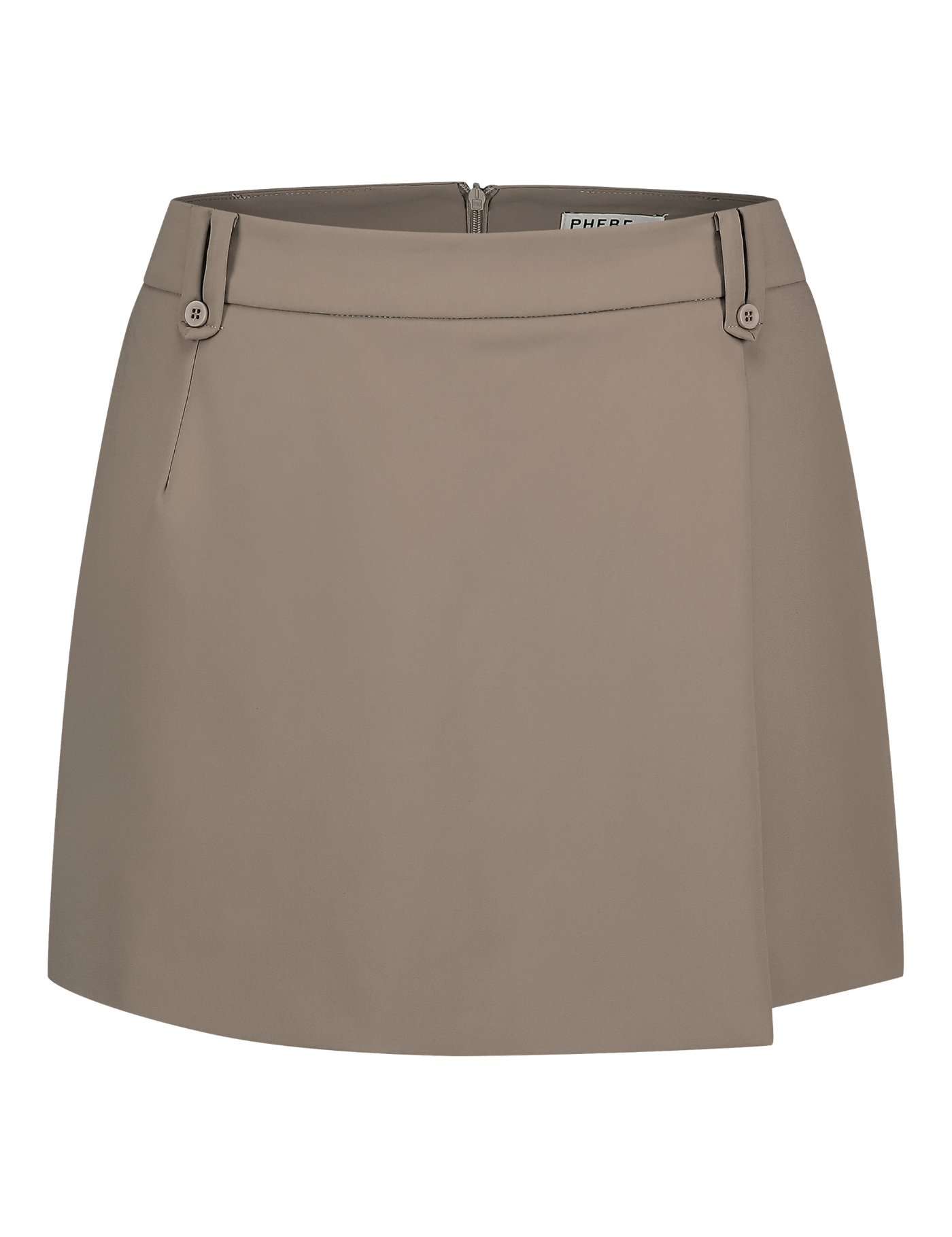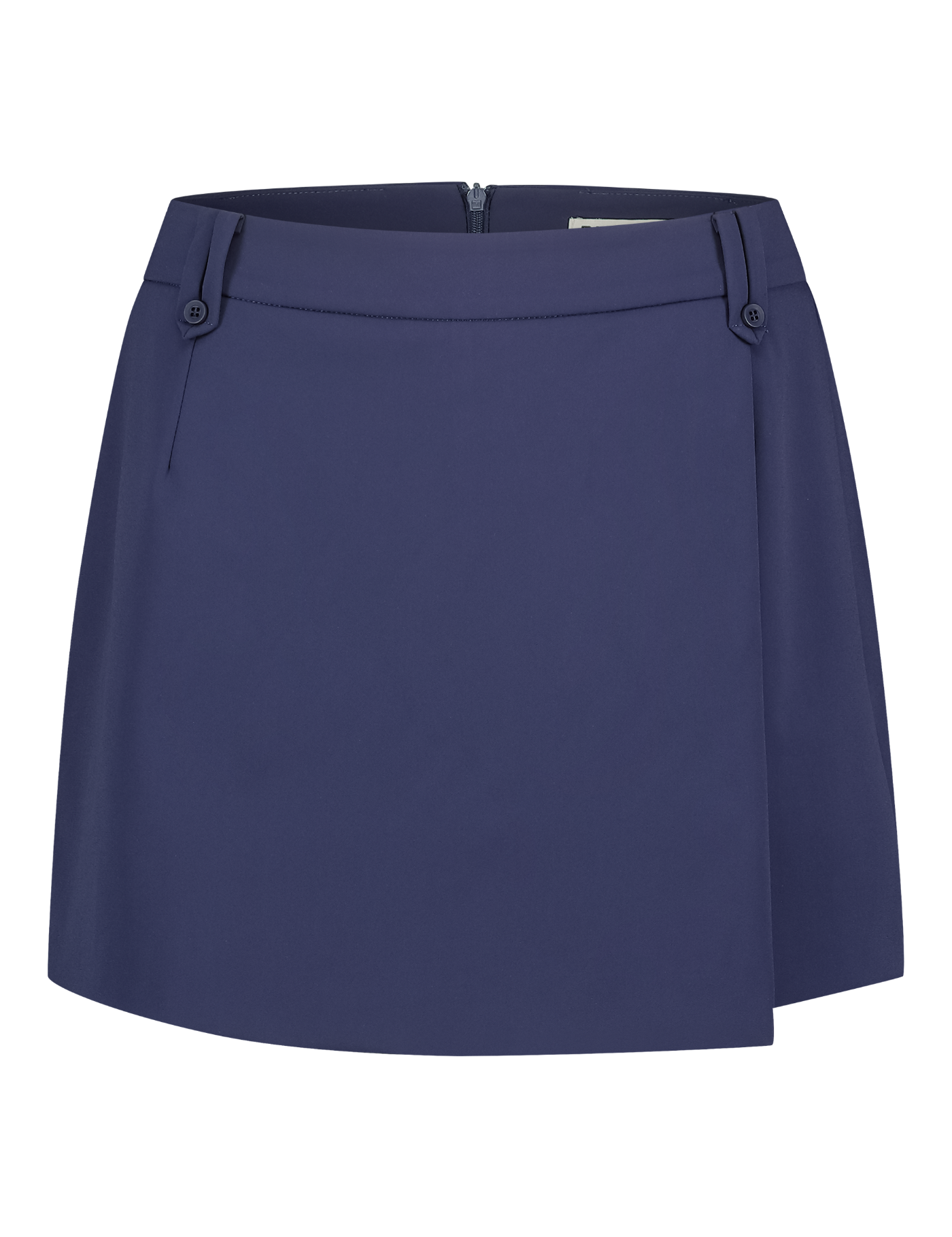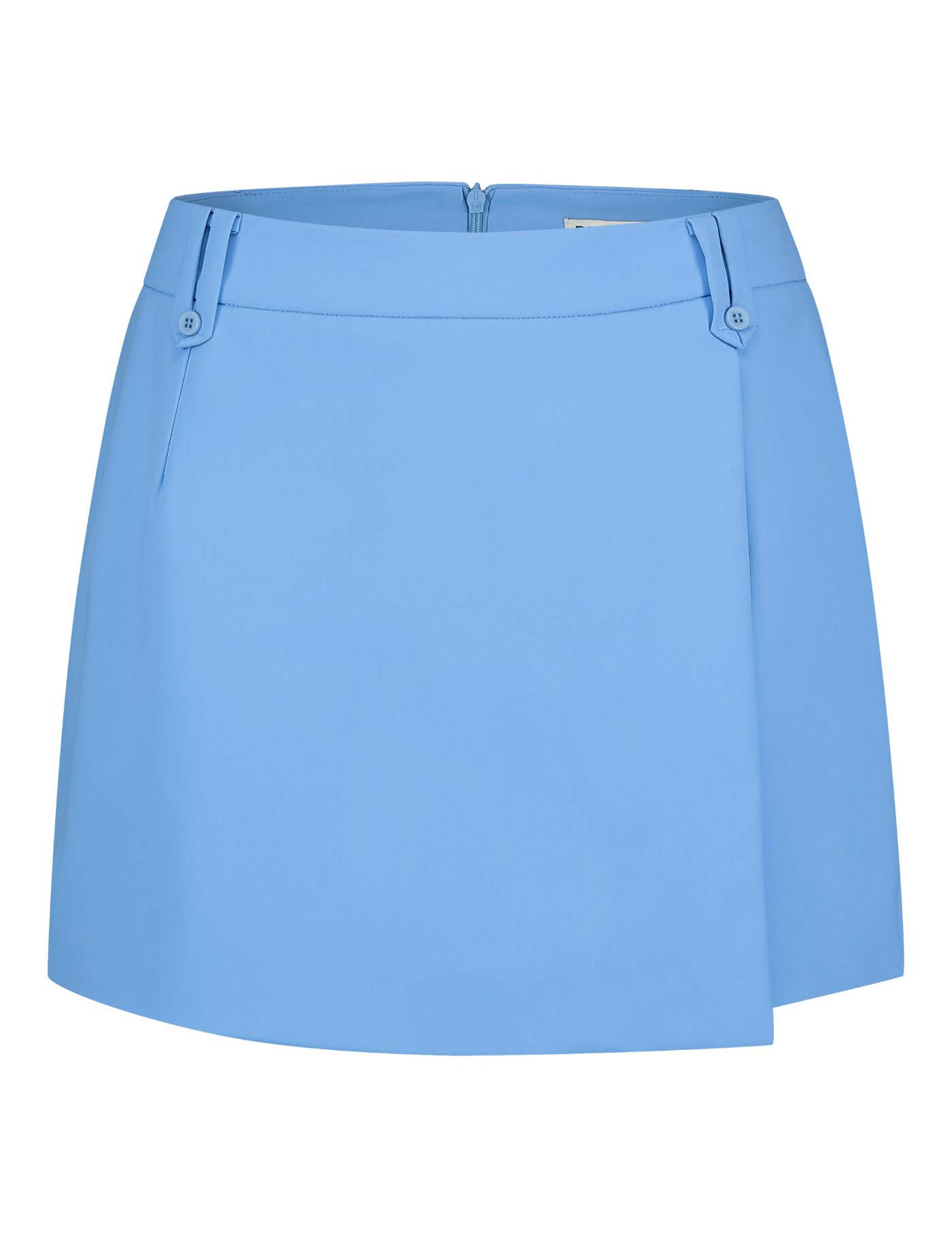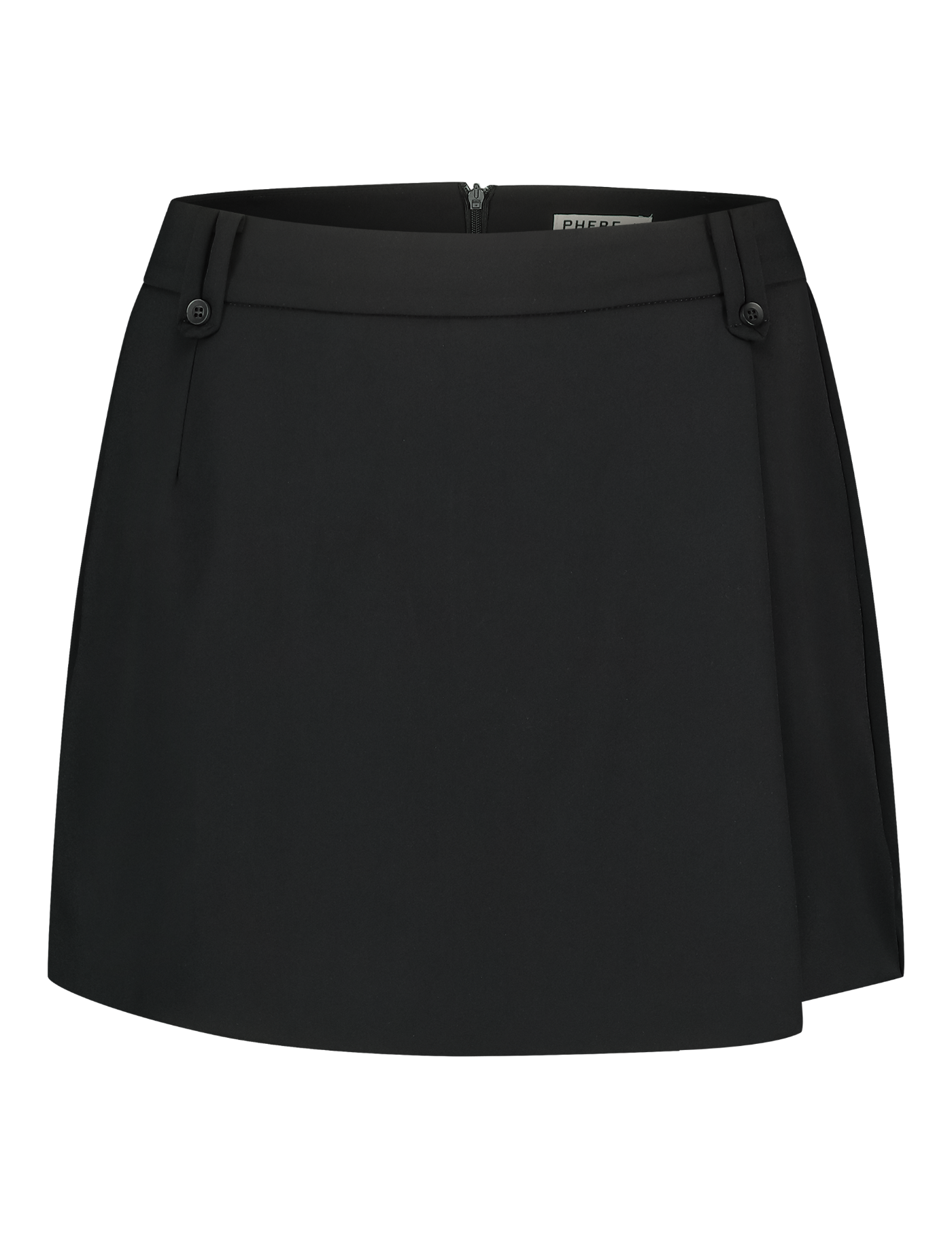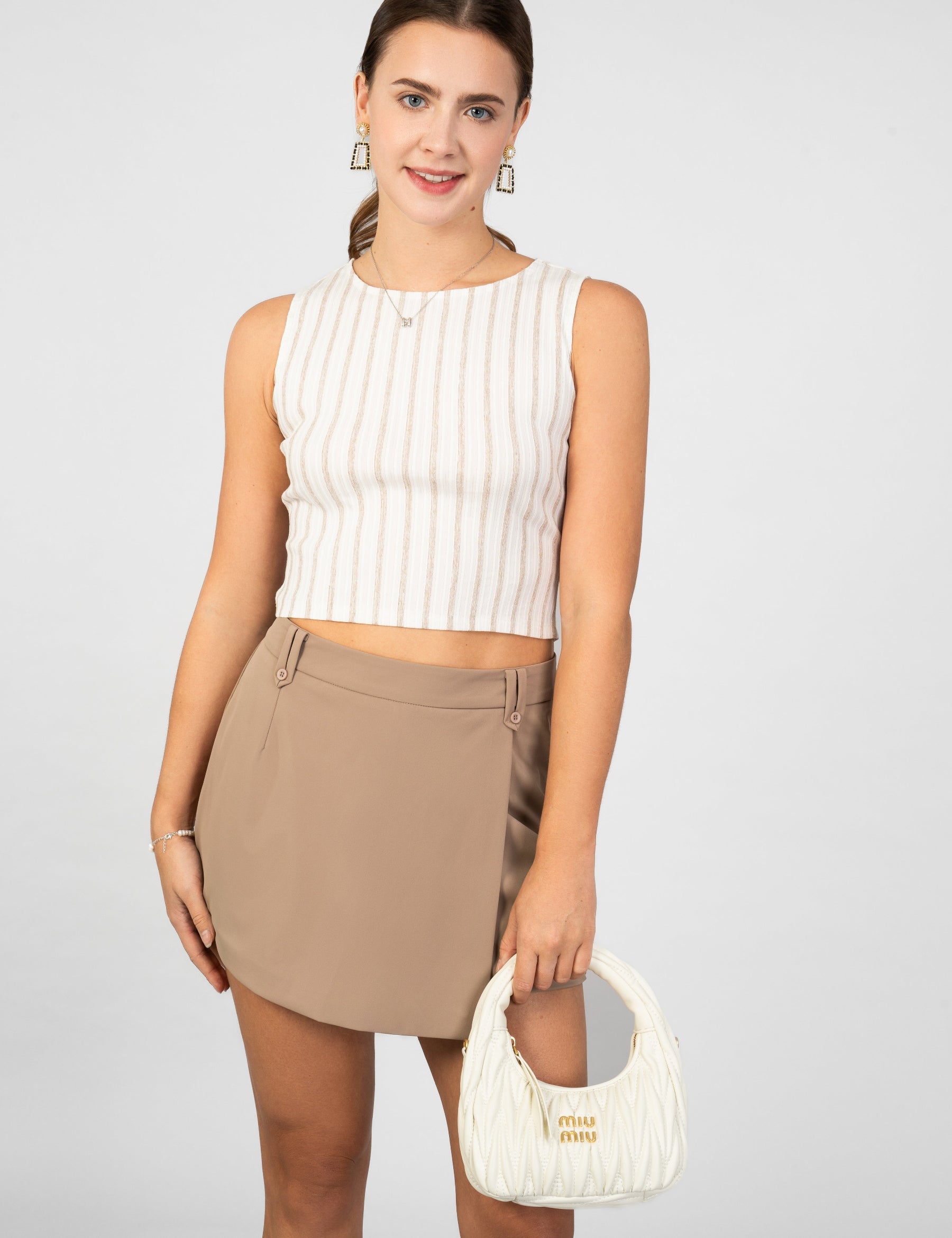PHEBE's Signature Fabric isn’t just about luxury and comfort—it’s a step toward sustainability. Crafted with eco-friendly practices, this innovative blend not only offers exceptional durability and style but also reduces environmental impact. By choosing PHEBE, you're embracing a fabric that supports both timeless fashion and a greener future. In this blog, we will explore what makes PHEBE's Signature Fabric sustainable and how it compares to other materials like polyester.
How is PHEBE's Signature Fabric Sustainable?
PHEBE's Signature Fabric is indeed a sustainable choice in the world of textiles, thanks to several key attributes:
Material Composition: Our Signature Fabric is primarily composed of polyamide and elastane. This blend not only offers extraordinary stretch and comfort but also contributes to the fabric's eco-friendly profile.
Quick Drying and Wrinkle-Free: The ability of PHEBE's Signature Fabric to dry rapidly and retain its shape means less energy consumption during laundry cycles. Additionally, its wrinkle-resistant nature minimizes the need for ironing, further reducing energy and resource use.
Reduced Water Consumption: Our Signature Fabric's breathability allows for efficient moisture wicking and faster drying. This means you don't have to wash your PHEBE clothing as frequently, conserving both water and energy.
Comparing PHEBE's Signature Fabric's Environmental Impact
In terms of environmental impact, PHEBE's Signature Fabric fares favorably when compared to materials like cotton and polyester.
Polyamide vs. Polyester: While both polyamide and polyester are synthetic materials, polyamide offers superior qualities when it comes to sustainability. Unlike polyester, which is often blended with other materials like cotton and is less durable, polyamide is more dimensionally stable, dries faster, and is highly elastic. These properties reduce the need for excessive washing and ironing, making it a more eco-conscious choice.
Polyamide Production: Polyamide is derived from crude oil, which is not considered a sustainable raw material. However, the production process for polyamide yields garments that are more durable, long-lasting, and less likely to end up in landfills, reducing overall waste.
Reduced Water Usage: The fabric's low water usage due to less frequent washing is a significant environmental benefit. Many synthetic fabrics, including polyamide, are engineered to wick moisture away from the body, keeping you dry and comfortable.
Sustainable Garment Care: PHEBE's Signature Fabric encourages more sustainable laundry practices. Washing at low temperatures and quick drying times without a dryer further lowers the environmental footprint.
In conclusion, PHEBE's Signature Fabric stands out as a sustainable choice in the world of textiles. While the production of synthetic fabrics does involve some energy consumption, the benefits of reduced water usage, longer garment lifespan, and more sustainable laundering practices make it a responsible and eco-conscious option for the modern woman who is environmentally conscious. Empower your wardrobe and the world with our sustainable Signature Fabric.






